The best novels of 2023
Including new novels by Naomi Alderman, Dolly Alderton, and Samantha Harvey
- The Future by Naomi Alderman
- Good Material by Dolly Alderton
- Orbital by Samantha Harvey
- Tackle! by Jilly Cooper
- Julia by Sandra Newman
- The Pole and Other Stories by J.M. Coetzee
- The Glutton by A.K. Blakemore
- Western Lane by Chetna Maroo
- Absolutely & Forever by Rose Tremain
- Beasts of England by Adam Biles
- Holly by Stephen King
- Prophet Song by Paul Lynch
- The Fraud by Zadie Smith
- The Wren, The Wren by Anne Enright
- Caret by Adam Mars-Jones
- Open Throat by Henry Hoke
- Tom Lake by Ann Patchett
- The Bee Sting by Paul Murray
- Ordinary Human by Megan Nolan
- Be Mine by Richard Ford
- I Am Homeless If This Is Not My Home by Lorrie Moore
- Big Swiss by Jen Beagin
- Death Under a Little Sky by Stig Abell
- Time Shelter by Georgi Gospodinov
- The Making of Another Major Motion Picture Masterpiece by Tom Hanks
- The Guest by Emma Cline
- Soldier Sailor by Claire Kilroy
- August Blue by Deborah Levy
- A House for Alice by Diana Evans
- Pineapple Street by Jenny Jackson
- Shy by Max Porter
- Romantic Comedy by Curtis Sittenfeld
- To Battersea Park by Philip Hensher
- Dr. No by Percival Everett
- Queen K by Sarah Thomas
- Old God’s Time by Sebastian Barry
- Cursed Bread by Sophie Mackintosh
- Birnam Wood by Eleanor Catton
- Brutes by Dizz Tate
- Victory City by Salman Rushdie
- The Birthday Party by Laurent Mauvignier (translation by Daniel Levin Becker)
- White Riot by Joe Thomas
- The New Life by Tom Crewe
- Age of Vice by Deepti Kapoor
A free daily email with the biggest news stories of the day – and the best features from TheWeek.com
You are now subscribed
Your newsletter sign-up was successful
Sign up to The Week's Arts & Life newsletter for reviews and recommendations
The Future by Naomi Alderman
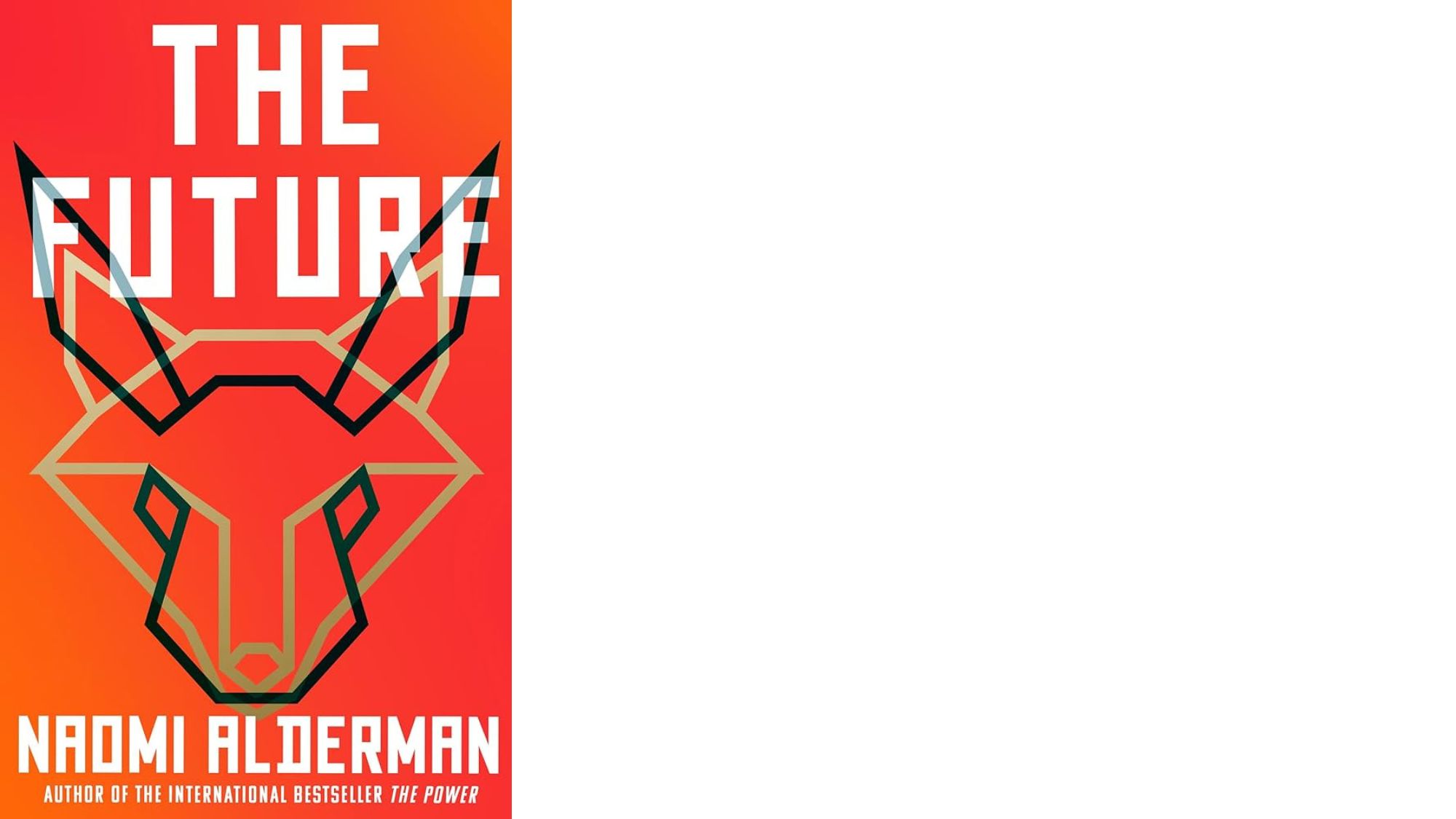
Fourth Estate 416pp £20; The Week Bookshop £15.99
Naomi Alderman is one of our most consistently inventive writers, said Stephanie Merritt in The Observer. She combines "literary and historical erudition" with an "instinct for narrative pace". Her sixth novel is a typical offering, being at once a "satirical dystopian tech-thriller" and a "complex novel of ideas". Set in a world that's much like our own, only with "fancier gadgets", it begins with the three wealthiest people on the planet – who run "barely disguised versions of Amazon, Apple and Facebook/Twitter" – being notified, via an "exclusive early warning app", that civilisation is on the brink of collapse. They swiftly retreat to their respective bunkers. What follows is a hectic, crisscrossing story involving survivalist cults, much philosophical musing, and a "cascade of cataclysmic events", said Elizabeth Hand in The Washington Post. While there are some "terrific" scenes – notably an account of a Davos-style conference devoted to "selling post-apocalypse tech" – the novel can't decide if it's satire or parable, and at times becomes rather confusing. "The Future" is "frustrating" yet "immensely readable".
The Week
Escape your echo chamber. Get the facts behind the news, plus analysis from multiple perspectives.

Sign up for The Week's Free Newsletters
From our morning news briefing to a weekly Good News Newsletter, get the best of The Week delivered directly to your inbox.
From our morning news briefing to a weekly Good News Newsletter, get the best of The Week delivered directly to your inbox.
Good Material by Dolly Alderton
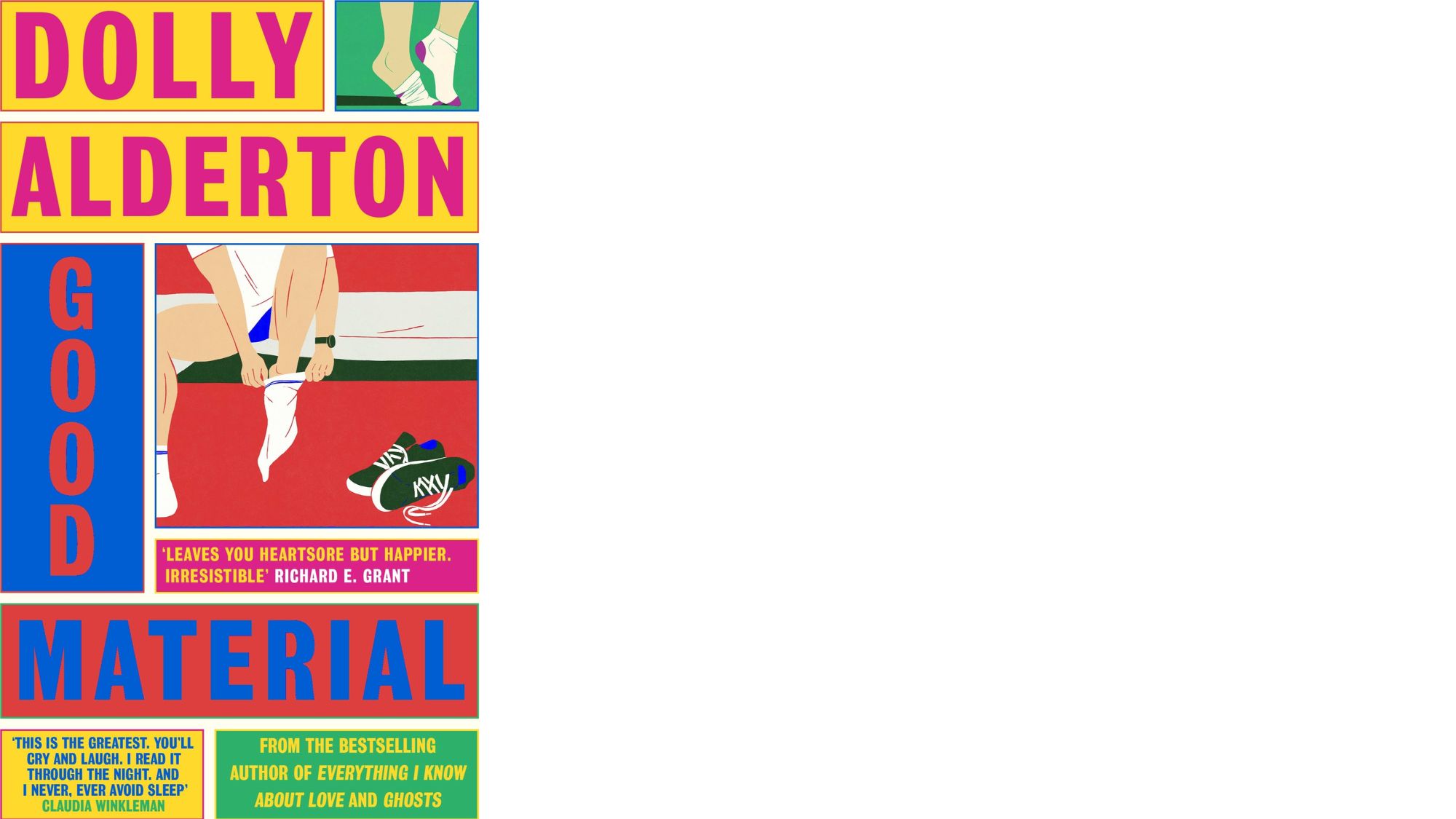
Fig Tree 352pp £18.99; The Week Bookshop £14.99
This second novel by Dolly Alderton (best known for her 2018 "hit" memoir "Everything I Know About Love") is a work of "Hornbyesque charm", said Hephzibah Anderson in The Observer. Andy, the narrator, is a "jobbing" thirtysomething comedian who has just been dumped by his girlfriend Jen. The action is mainly concerned with Andy's "lovelorn misadventures" – including Instagramstalking Jen and her new boyfriend, "obsessively monitoring his bald spot", and "navigating the daunting practicalities of living in London unaided by Jen's corporate salary". The "smallness of the canvas" Alderton adopts makes this novel surprisingly "daring", said Michael Donkor in The Guardian. The "intensely limited focus on Andy" and his trials could have felt "repetitive or leaden" – but instead she uses it to capture the "myopia and obsessiveness that sudden heartbreak can bring". "Good Material" isn't going to "rewrite ideas about contemporary sexual politics". It is, however, a warm and funny work, which reveals Alderton to be a "writer comfortably settling into her groove".
Orbital by Samantha Harvey
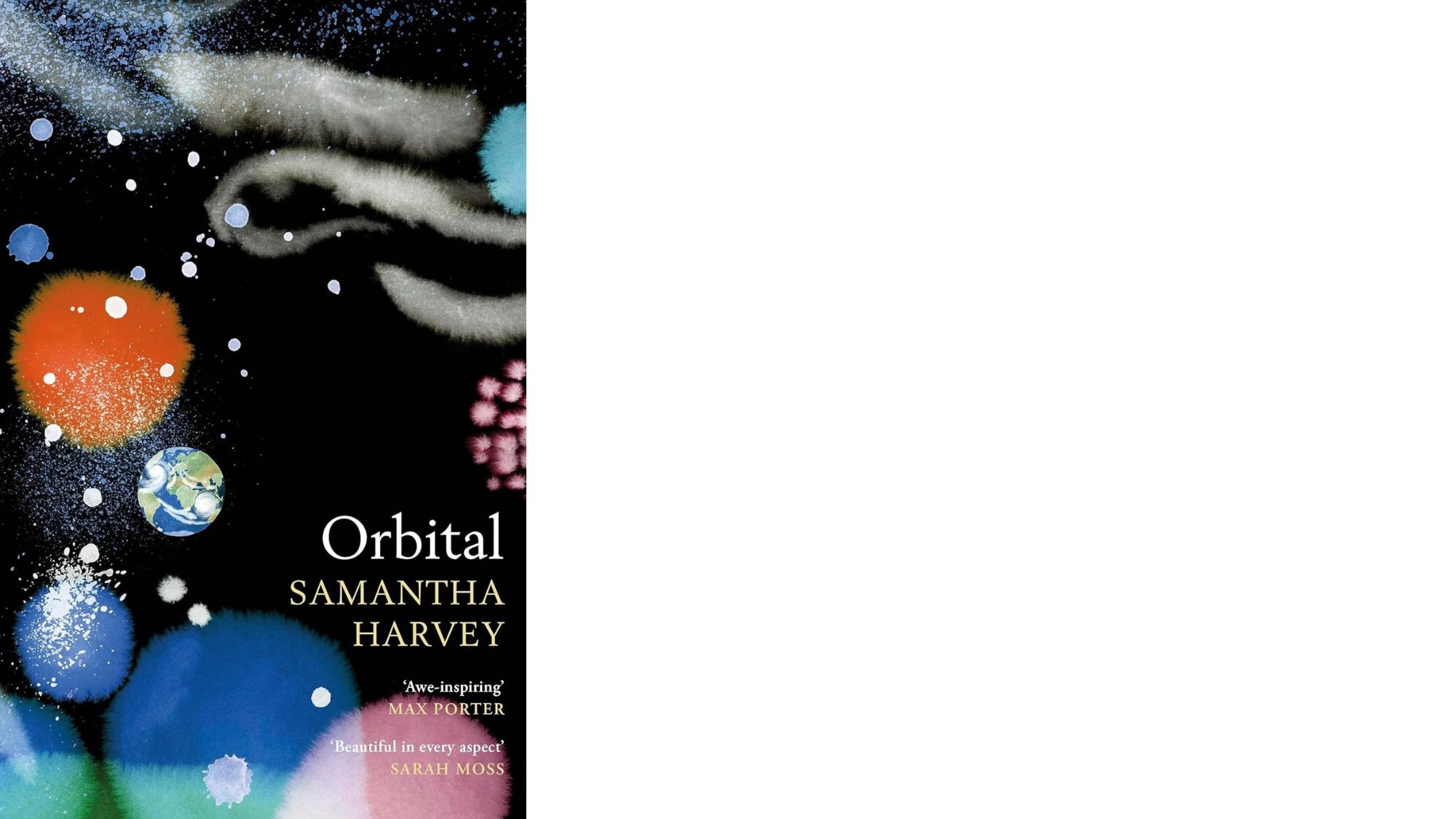
Jonathan Cape 144pp £14.99; The Week Bookshop £11.99
From a novel about Alzheimer's to medieval crime, Samantha Harvey is a novelist who "reinvents her career with each new book", said Alice Jolly in The Sunday Times. Her latest journey into "unexplored territory" is a "poetic and powerful" account of a day in the life of six astronauts on the International Space Station. Because the astronauts inhabit an "orbiting laboratory" that is travelling at 17,000 miles an hour, they orbit Earth 16 times per day, and so "see 16 dawns and 16 sunsets". Harvey's ability to capture this "constantly unravelling world" – "Asia come and gone. Australia a dark featureless shape against this last breath of light" – is the novel's most remarkable feature.
A free daily email with the biggest news stories of the day – and the best features from TheWeek.com
Such passages are also counterbalanced by "moments of wry observation", said Emily Rhodes in The Spectator. Harvey finds humour in the space station's toilet arrangements – they are "split along Cold War lines" – and charts the sense of boundaries breaking down as the astronauts breathe "each other's overused air". Written in her trademark "luminous prose", this is a "slender, gleaming novel".
Tackle! by Jilly Cooper
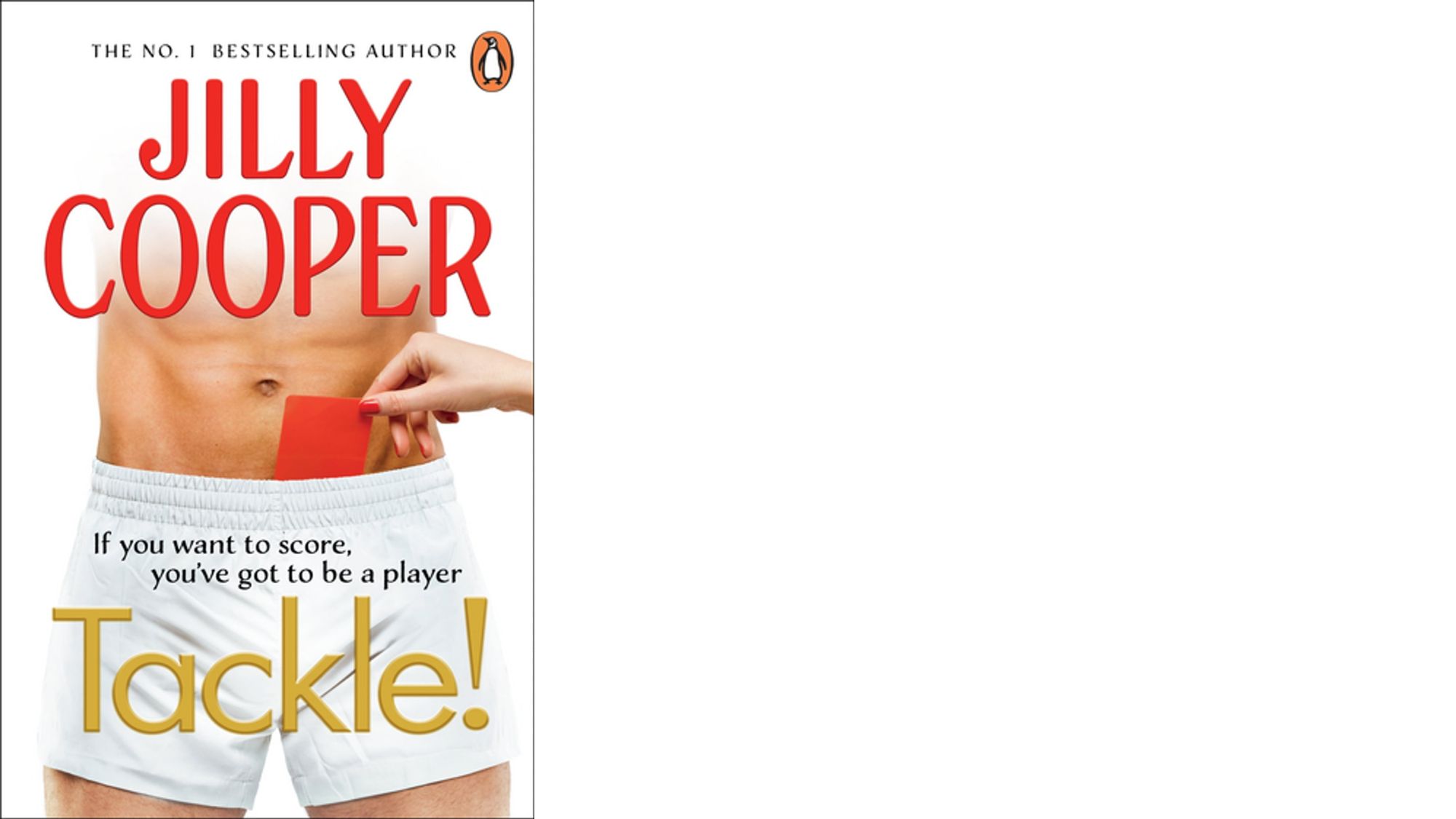
Bantam 448pp £22; The Week Bookshop £17.99
Jilly Cooper's latest novel – her 11th set in Rutshire – marks an unlikely shift in direction, said Cleo Watson in The Daily Telegraph. Rather than being about polo or opera, it is set in the world of football. Rupert Campbell-Black, Cooper's swaggering hero, has just bought a local team, Searston Rovers FC, and "with the kind of determination that only an Olympic show-jumping gold medal can instil, he sets his sights on winning the Premier League". This ambition is amusingly challenged by his players (led by star striker, Facundo Gonzalez), who are more interested in wife swapping than on-pitch glory. Cooper has always offered "huge pleasure", and I found it a struggle not to "gobble" this novel up "in one go".
Although "Tackle!" contains the "reliable Cooper quotient of rising penises" and "lithe women with high breasts", she also weaves in darker themes, said Lucy Beresford in Literary Review. A sub-plot dealing with cancer is subtly done, as is another exploring the impact of growing up in a children's home. "With this novel, Cooper shoots again and scores."
Julia by Sandra Newman
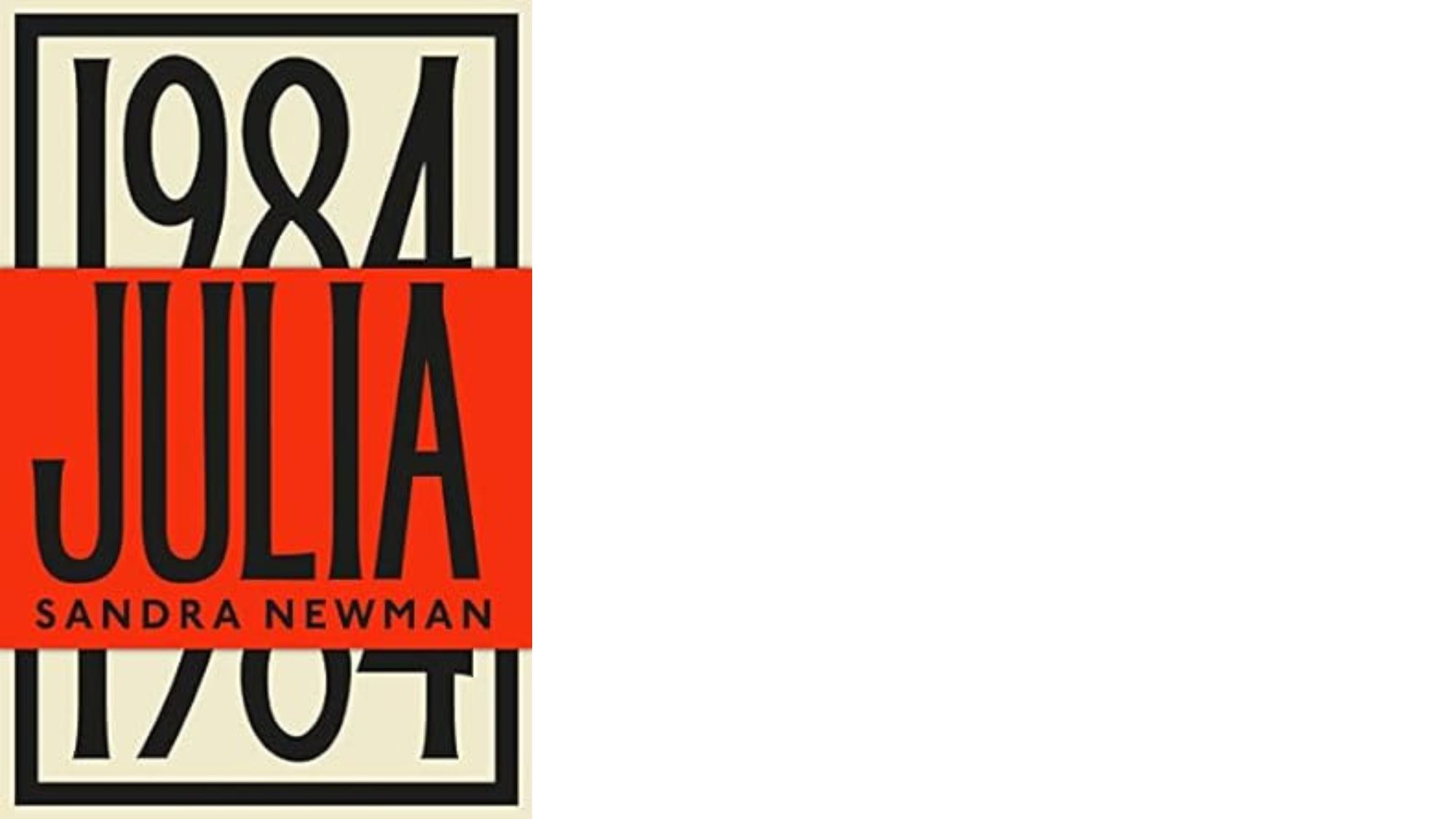
Granta 400pp £18.99; The Week Bookshop £14.99
It's quite a task, "to take on a classic and remake it from a new perspective", said Erica Wagner in The Daily Telegraph. But that's what US author Sandra Newman does in "Julia" – a retelling of George Orwell's "1984" from the perspective of Winston Smith's lover. A relatively slight character in Orwell's original, Newman's Julia feels fleshed out: she works as a mechanic in the Ministry of Truth, toiling on the "machines that produce fiction for the Party"; she lives in a dormitory with other women, and is "cynical, practical", a "ruthless survivor". Fascinating and "atmospheric", "Julia" "succeeds, brilliantly".
It's a book that works on more than one level, said Natasha Walter in The Guardian. As well as being a "satisfying tribute act", it is also a critique of "1984", revealing things overlooked by Orwell – such as the way the restrictions of totalitarianism "weigh differently on women" than on men. Although the novel "starts to weaken" in its second half (the prison scenes in particular lack the power of 1984's), this is a work that "stands up well beside Orwell's original, and at many points enriches it".
The Pole and Other Stories by J.M. Coetzee
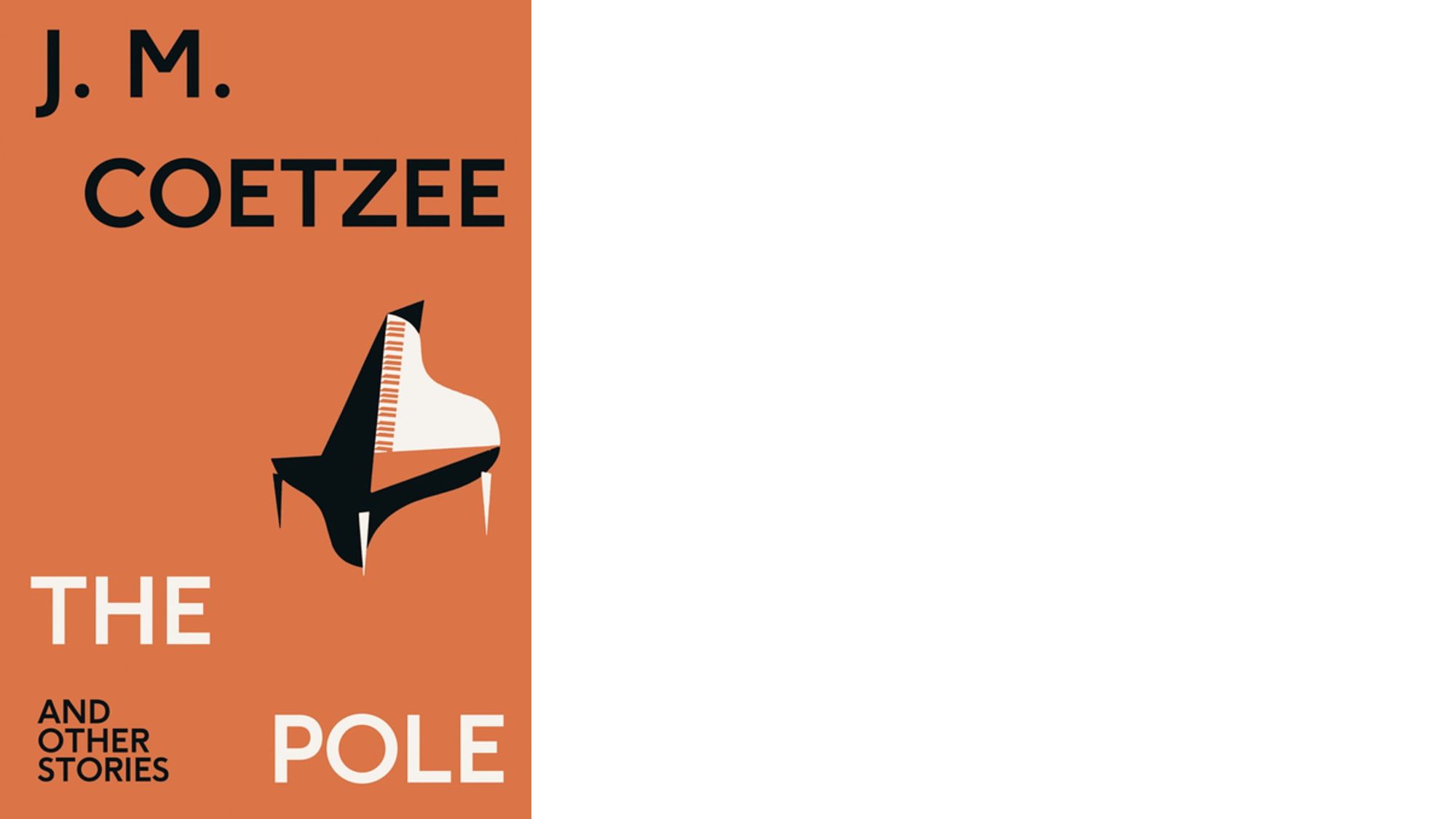
Harvill Secker 272pp £20; The Week Bookshop £15.99
"All writers go off", the late Martin Amis once said. Happily, there are no signs that 83-year-old J.M. Coetzee is "running out of steam", said James Purdon in Literary Review. The Nobel Prize-winner's latest work – consisting of a new novella, "The Pole", and five stories written over the past 20 years, four featuring his alter-ego Elizabeth Costello – reveals an author who has "slipped comfortably into a late style". The novella, which charts a brief affair between Witold, a 72-year-old concert pianist, and Beatriz, a fortysomething banker's wife, is Coetzee at his very best, said John Self in The Observer. It's "lighter in tone" than his early novels, and the melding of story and ideas is "exquisite". When Coetzee is as good as this, he makes you "wonder why other people bother".
I was less than impressed, said John Banville in The Guardian. Set out in numbered sections – "it is not clear to what purpose" – "The Pole "is a "glacial" and rather "frictionless" work. He makes a clear effort to avoid the "merely picturesque". At one point, he writes of a walk: "It is a pleasant autumn day. The leaves are turning, et cetera." There is "little in the way of novelty" in these stories, said Claire Lowdon in The Sunday Times. They revisit Coetzee's "enduring preoccupations", notably "desire, and the spiritual status of animals". Still, after the "dense philosophical slog" of his recent Jesus Trilogy, this book offers a welcome return to the "limpid narrative mode of earlier works such as the Booker-winning Disgrace". The collection as a whole "forms a cerebral swansong that will be obligatory reading for Coetzee fans".
The Glutton by A.K. Blakemore
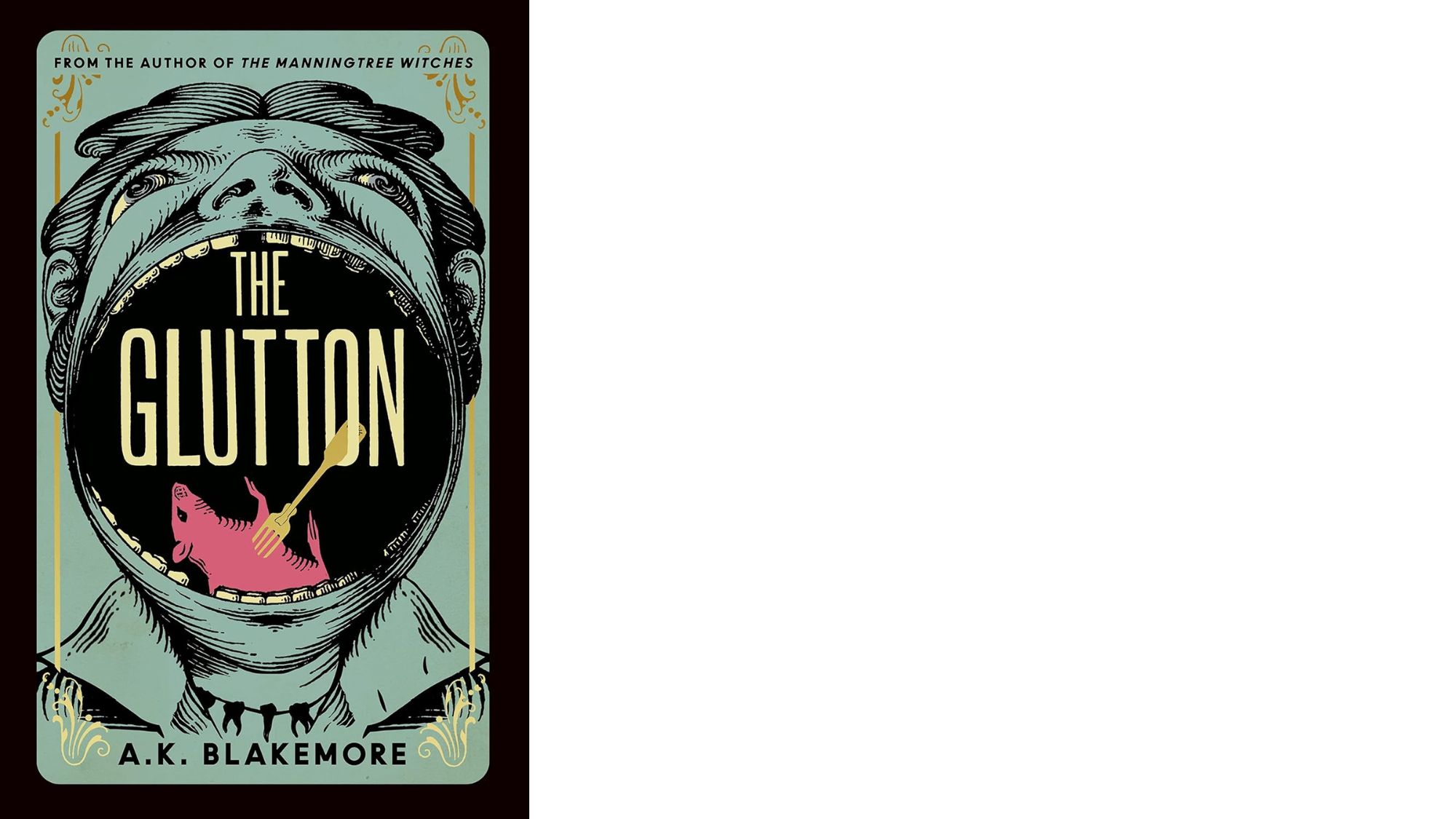
Granta 336pp £14.99; The Week Bookshop £11.99
The "Great Tarare" was a French peasant who achieved notoriety in the revolutionary period for his "prodigious ability to devour things", said Sandra Newman in The Guardian. By his teens, he was eating his own weight in meat each day – and later, as a street performer, he would consume household objects and even "live animals". Such a life clearly "begs to be fictionalised", and it's hard to think of anyone better equipped for the task than the "remarkable" A.K. Blakemore, whose previous novel, "The Manningtree Witches", deservedly won the Desmond Elliott Prize. Her account of Tarare's short life (he died aged 25) is a work of intoxicating language and "great intelligence".
Moving between its subject's final days in the care of a nun and his impoverished childhood, "The Glutton" is a work of great "assurance and verve", said Stephanie Merritt in The Observer. Blakemore is equally at home evoking natural beauty or the "stench of rotting wounds". Few writers can be "truly likened to Hilary Mantel", but Blakemore's "rare ability to reanimate the past" means that she is one of them.
Western Lane by Chetna Maroo
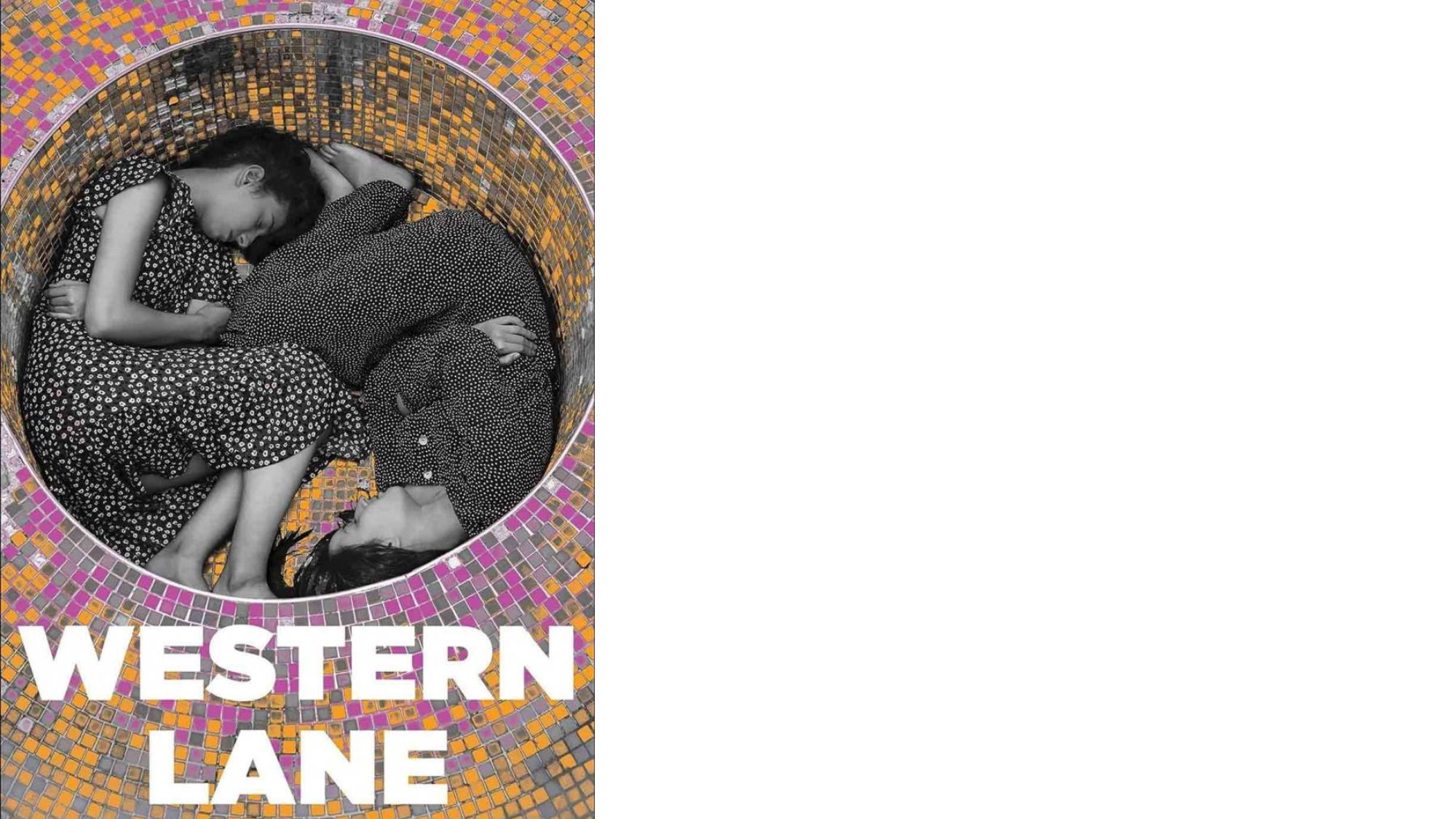
Picador 176pp £14.99; The Week Bookshop £11.99
Squash is a game of "peculiar solitude", in which you "never face your competitor, and play in eerily hermetic conditions", said Claire Allfree in The Times. In this "gorgeous debut", it evokes the inner life of its heroine, a promising young player whose devotion to the sport is in part a response to family tragedy. When the novel opens, narrator Gopi is 11 and "has just lost her mother". Her father ramps up her training; soon, she's playing "several hours a day". An "elegantly compressed coming-of-age novel", written in unadorned but expressive prose, Western Lane is a remarkable achievement – and deserves its place on this year's Booker shortlist.
It "feels like the work of a writer who knows what they want to do, and who has the rare ability to do it", agreed Caleb Klaces in The Guardian. Especially impressive is Maroo's ability to convey "emotional complexity by way of physical description". She's a talented writer, but this novel feels frustratingly slight and underdeveloped, said Claudia Rowan in The Daily Telegraph. I was "mildly intrigued", but was ultimately left "wanting more emotionally".
Absolutely & Forever by Rose Tremain
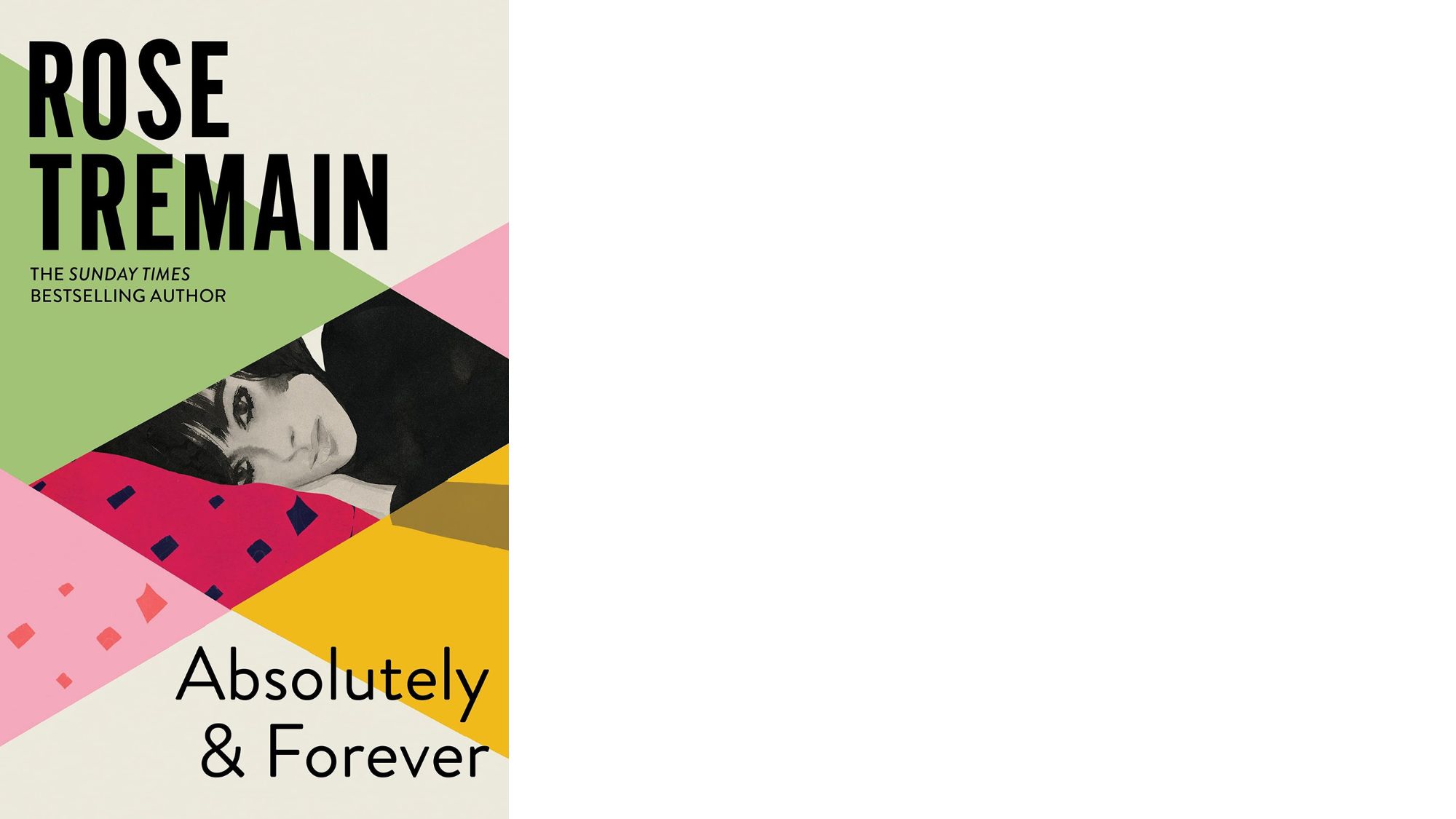
Chatto & Windus 192pp £16.99 The Week Bookshop £13.99
Rose Tremain isn't often thought of as a funny writer, but in this novel, her 17th, "she can be brilliantly wry", said Lucy Atkins in The Guardian. Set between the 1950s and the 1970s, the book is an "engrossing character study" of Marianne, a girl from the Home Counties who, aged 15, falls passionately in love with a floppy-haired 18-year-old named Simon. The relationship soon ends – Simon moves to Paris – but it defines much of Marianne's subsequent life. In 1960s London, which is "anything but swinging", Marianne is "lonely and miserable" as she first enrols at secretarial college, and then works as an assistant for a Fleet Street agony aunt (a job Tremain herself once did). She subsequently marries "kind Hugo", a horse-loving family friend – but when they visit Paris a few years later, Simon is "all she can think of". While on one level this is a "straightforward period drama", it also offers more "thoughtful pleasures", particularly in its moving and even-handed depiction of Marianne's unhappy, buttoned-up parents.
There is indeed a "kind of magic" to the novel that is "hard to capture in a short review", said Rachel Cooke in The Observer. Marianne is a "marvellously original creation" – she's both conventional and "quite batty" – and the period details "are exquisite", from bath cubes and Basildon Bond notepaper to "sauces made from marmalade to go with baked ham". It may seem a little late in life for Tremain, who is 80, to be writing a coming-of-age story, said Sue Gaisford in the Financial Times. But her "hard-won experience" informs the novel, making it a "mesmerising, masterly and profoundly moving" exploration of the "comic, painful, life-long search for human understanding".
Beasts of England by Adam Biles
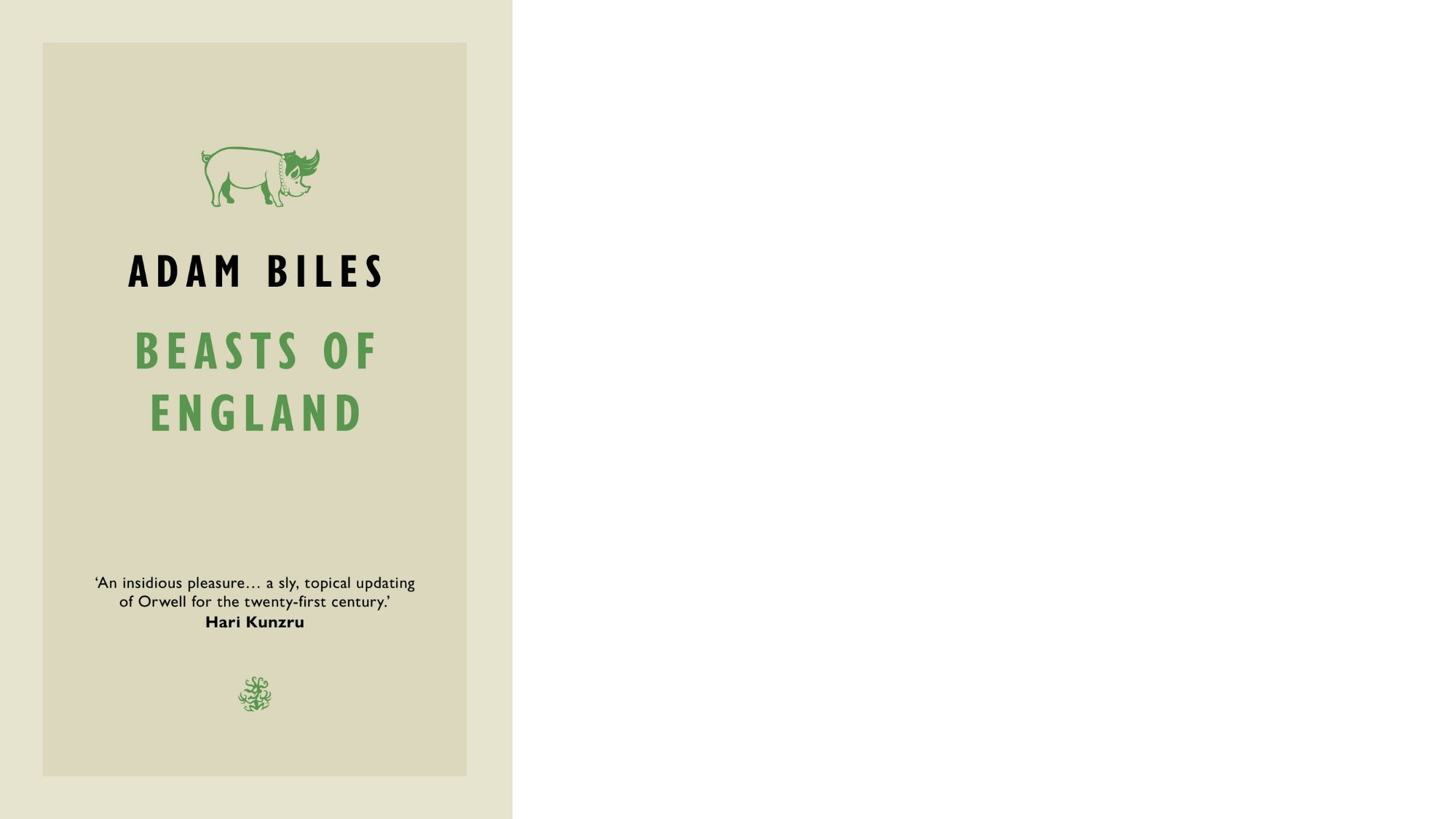
Galley Beggar Press 288pp; £10.99 The Week Bookshop £8.99
Writing a sequel to a book as familiar as "Animal Farm" might seem a risky undertaking, said Patrick McGuinness in The Guardian. But the "risk pays off" in "Beasts of England", Adam Biles's "updated and retooled" version of George Orwell's classic. Set decades later on the same farm (which is now a petting zoo, complete with alpacas and geckos), the novel follows a series of "sinister events", including the emergence of a mysterious illness and an apparent attempt by the "ruling pigs" to sell off the farm's assets. Whereas Orwell's fable was about totalitarianism in general, the satirical target here is "unmistakably" England now: Brexit, the refugee crisis, Covid and Boris Johnson are all "allegorised" in this "clever, resourceful" tale.
The problem is that there is "too much to follow", said Jeremy Wikeley in The Daily Telegraph: Biles crams in the "entire history of British politics since New Labour". His book succeeds when it leaves the realm of fable, and becomes more of a thriller – as in the "brilliantly weird" ending. "Beasts of England" is at its best "when it strikes out for new pastures".
Holly by Stephen King
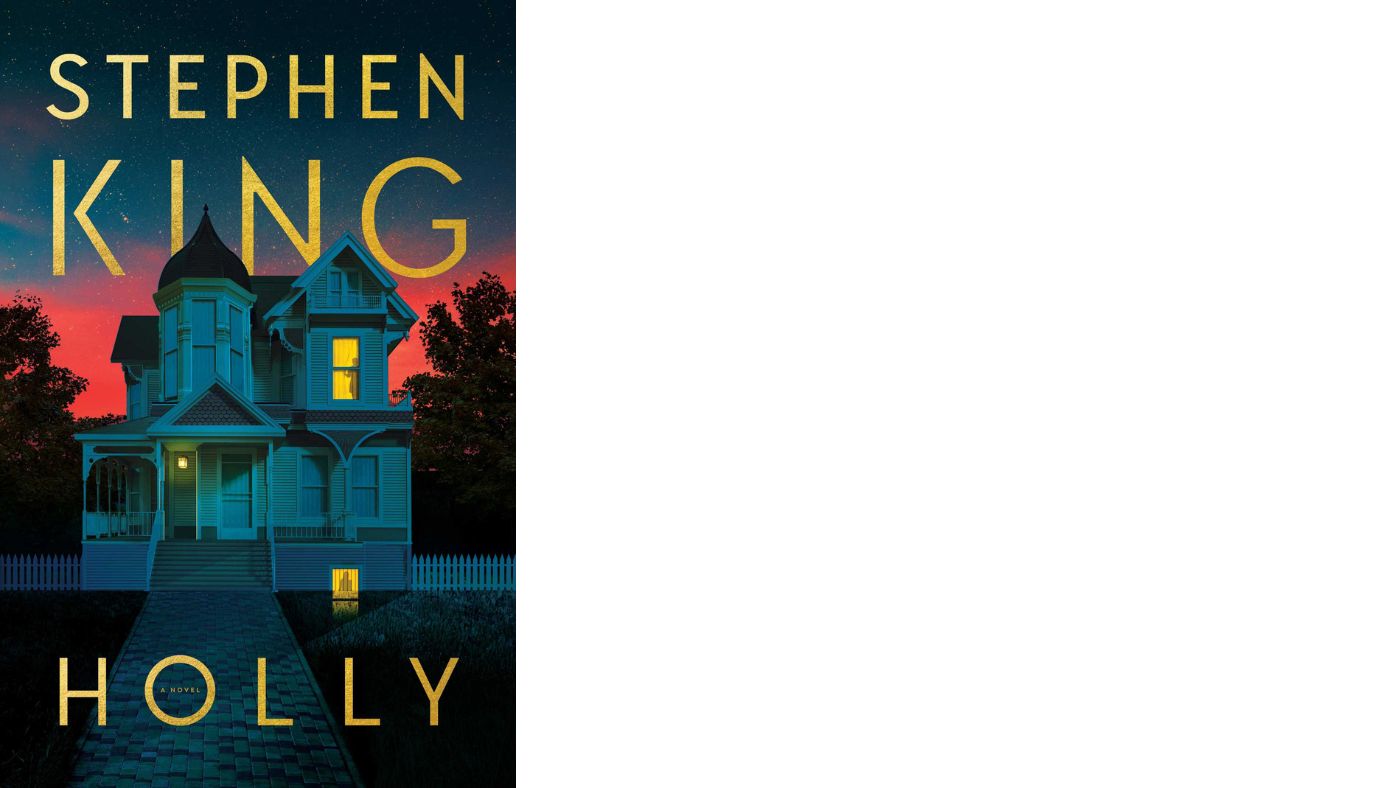
Hodder 448pp £25; The Week Bookshop £19.99
Stephen King's latest novel is both a "nail-biting crime fiction and a dystopian vision of contemporary America", said Joan Smith in The Sunday Times. Set at the height of the pandemic, when rows over mask wearing and vaccines were raging, it centres on a series of mysterious disappearances in a Midwestern town. The perpetrators, it emerges, are "two of the most unusual" serial killers in fiction – a pair of retired college professors, whose veneer of ordinariness has long "protected them from suspicion". On their trail is private detective Holly Gibney, who has appeared in King's fiction before, but never in a "starring role".
It's a good thing that the "dogged", "resourceful" and neurodivergent Holly has been given such a major part, because as a character she "leaps off the page", said Catriona Ward in The Guardian. Equally memorable are the "macabre college professors", who are both "plausible and chilling". Not so much a whodunit as a whydunit – with a literary motive at its core – "Holly" is "lyrical and horrifying", and a "hymn to the grim pursuit of justice".
Prophet Song by Paul Lynch
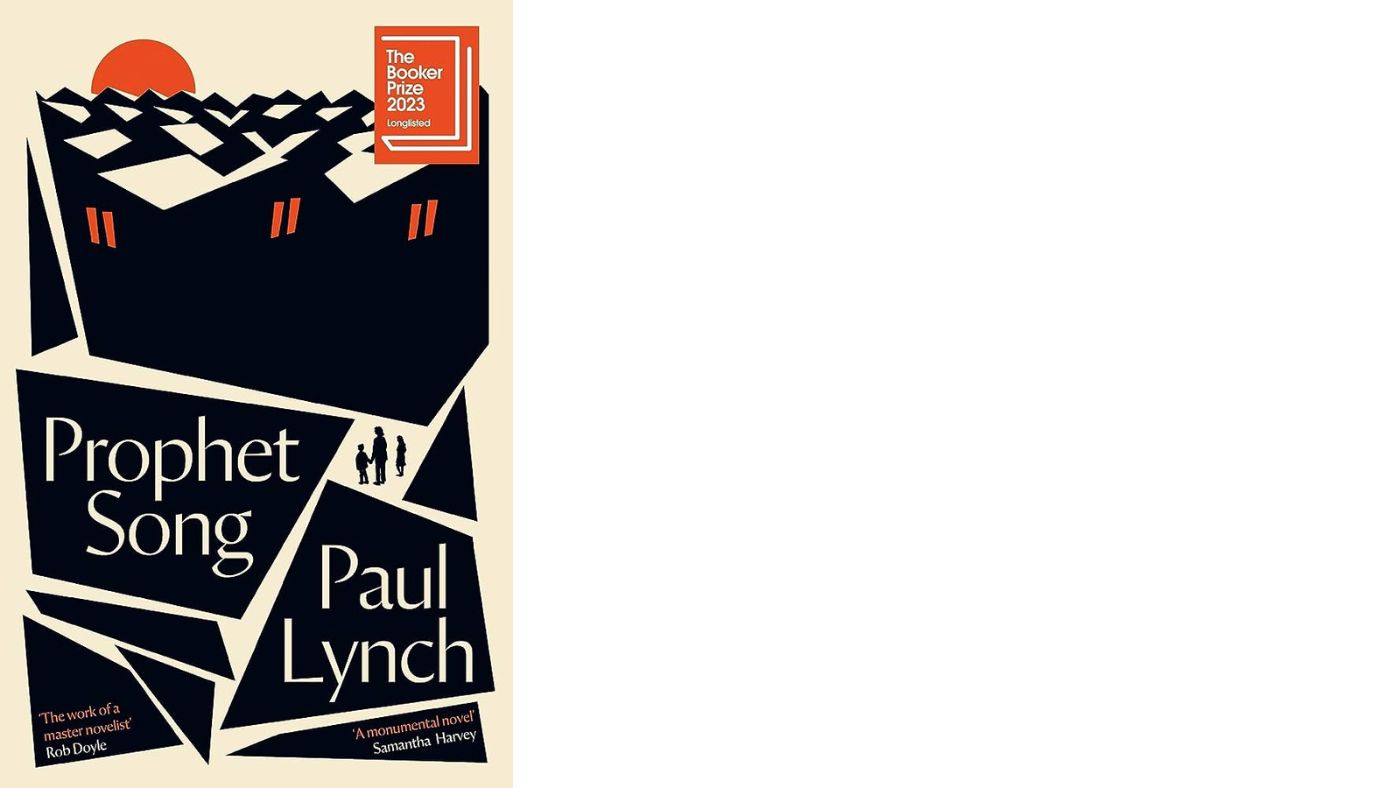
Oneworld 320pp £16.99; The Week Bookshop £13.99
Paul Lynch’s Booker-longlisted fifth novel is the “Irish offspring” of “The Handmaid’s Tale” and “Nineteen Eighty-Four”, said Melissa Harrison in The Guardian. Set in a “shadow version” of present-day Dublin, where an unspecified crisis has led to the creation of a police state, it centres on a biologist named Eilish Stack, whose teacher husband mysteriously vanishes, one of hundreds “swallowed whole” by the state. Lynch writes in a “heightened, sometimes biblical language”, and eschews paragraph breaks – a device that intensifies the sense of claustrophobia, even if it initially takes some getting used to. Powerful and “horribly real”, “Prophet Song” is “as nightmarish a story as you’ll come across”.
I wasn’t convinced, said Max Liu in The i Paper. While Lynch’s sentences are “melodious”, they are full of “weird word choices”: a character “sleeves” her cardigan on before walking into a cellar of “colding gloom”. And many of its ideas “feel recycled”. The genuinely “absorbing” story at its heart partially makes up for these defects – but even so, “Prophet Song” would be a “surprising Booker winner”.
The Fraud by Zadie Smith
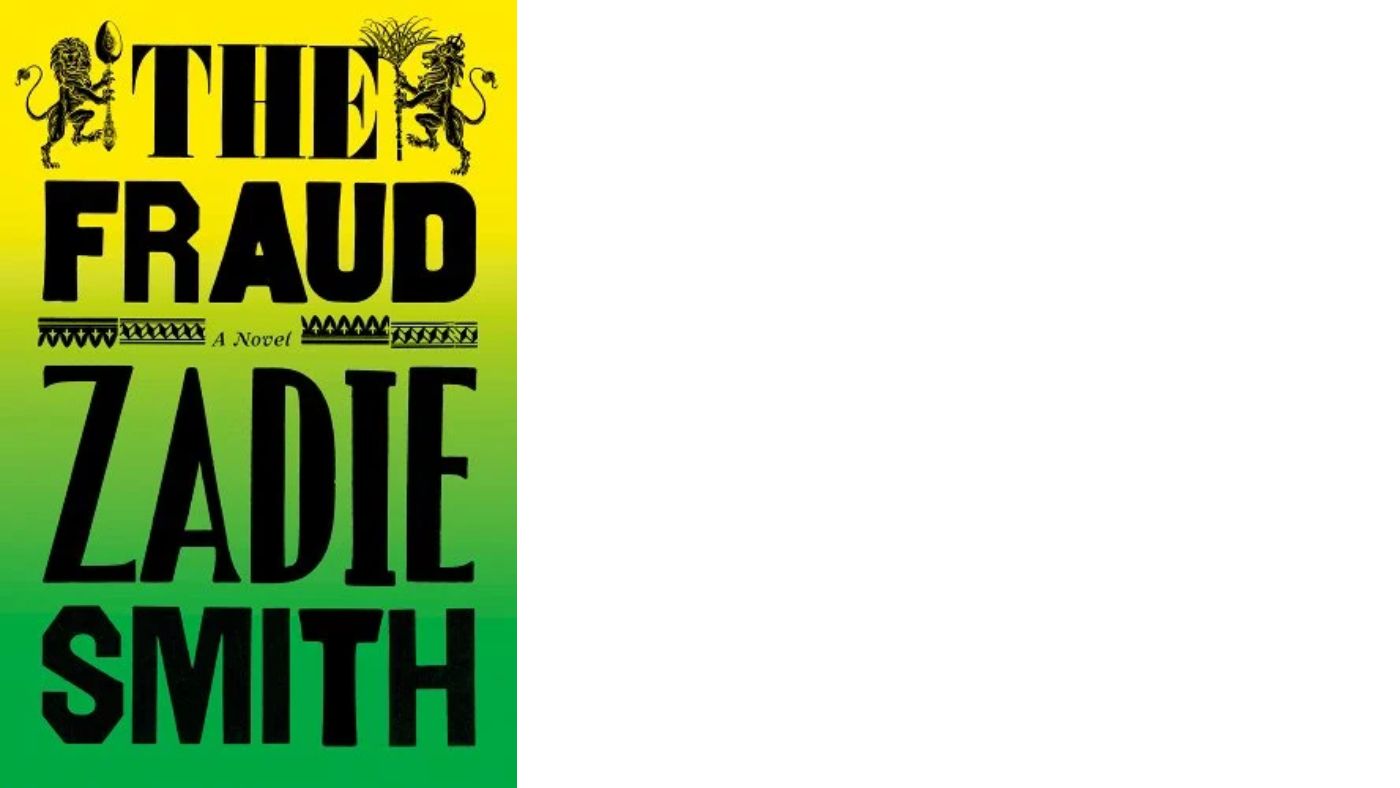
Hamish Hamilton 464pp £20; The Week bookshop £15.99
Zadie Smith’s first historical novel is an intricate mosaic brought to life by “gloriously light, deft writing”, said Alexandra Harris in The Guardian. Much of “The Fraud” follows a court case that gripped Britain in the 1870s, in which an Australian butcher claimed to be Sir Roger Tichborne, the heir to a baronetcy and a fortune, who had been lost in a shipwreck 17 years earlier. Among those fascinated by the saga was William Ainsworth, a novelist whose sales rivalled Charles Dickens’s. The first half of Smith’s novel resurrects him and the two women who shared his life: his wife Sarah and his cousin, housekeeper and intellectual foil Eliza Touchet. The second half tells the story of the main witness in the “Tichborne Claimant” trial, a black man named Andrew Bogle – reaching back to his father’s arrival on a sugar plantation in Jamaica. Few writers would dare mix comedy with the subject of slavery, and fewer still would pull it off, “mixing narrative delight with a vein of rapid, skimming satire”.
Moving back and forth between the 1830s and the 1870s, and punctuated with short, “almost aphoristic” chapters, “The Fraud” weaves its disparate elements together to “triumphant and memorable” effect, said Erica Wagner in The Daily Telegraph. Touchet is the key character, and what drives the novel is not so much the unravelling of the Claimant’s tale as her growing understanding of the world, and her grasp of issues such as the meaning of freedom and authenticity. It’s “a richly enjoyable, sophisticated book” by a writer at the peak of her powers.
I wasn’t convinced, said John Self in The Times. This is a “rich stew” of a novel, but its jumpy time scheme prevents any kind of narrative flow. There are also elements that are left strangely undeveloped, such as the fact that Eliza has had affairs with both William and his first wife. Smith’s gift for dialogue is as strong as ever, and I admired parts of “The Fraud” very much. “But I would much rather have loved it.” It doesn’t wholly convince, agreed Richard Godwin in the Evening Standard. The time frames are confusing, and the three strands don’t always intermesh: “but moment to moment, ‘The Fraud’ is a delight”. Smith has particular fun with William’s literary incontinence, his rivalry with Dickens, and the sharp-witted Sarah Ainsworth. For all its faults, this is a novel “full of people, ideas, humour, feeling and something like moral truth – the stuff of life”.
The Wren, The Wren by Anne Enright
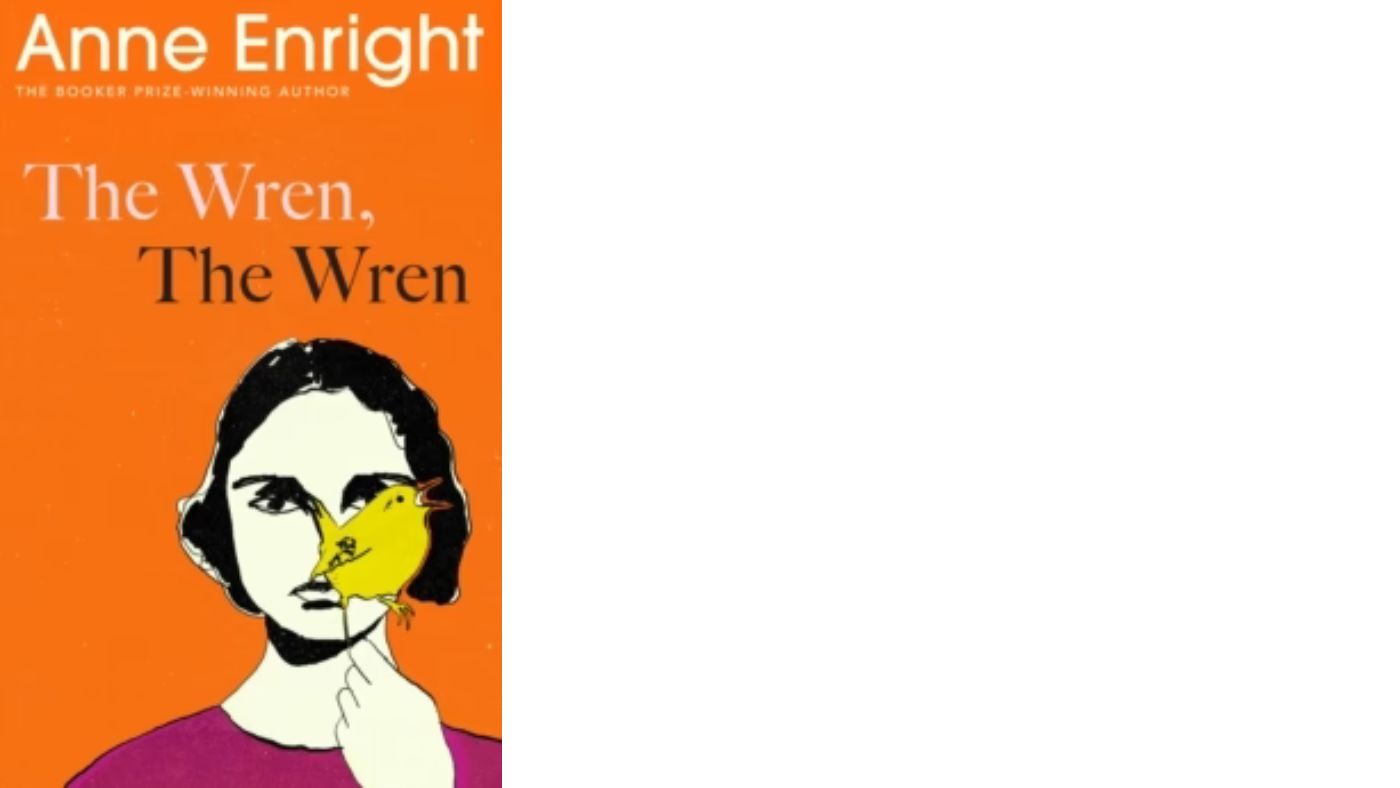
Jonathan Cape 288pp £18.99; The Week Bookshop £14.99
Anne Enright’s eighth novel is the “finest I have read in a long time”, said Luiza Sauma in The Daily Telegraph. Like her 2007 Booker-winner “The Gathering”, it explores “ancestral trauma”, telling the story of three generations of women, and that of Phil McDaragh, a “long-dead, not terribly famous” Irish poet, whose influence looms over them. The novel mostly alternates between the perspectives of Phil’s daughter Carmel and his twenty-something granddaughter Nell, who never knew him but tattoos her body with references to his poems. “The Wren, The Wren” is a “surprising and complex” book, lifted by the beauty of Phil’s verse (written by the novelist), with a “dark, lurking humour”.
“Damn, Enright can write,” said John Self in The Times. Like Martin Amis, she is a novelist of “scenes and sentences, not plots and character arcs”. Her approach – with “shards of brilliance flashing in every direction” – may not be for everyone. “But if you believe a book is a conversation between reader and writer, where you get out what you put in, then that’s a feature, not a bug.”
Caret by Adam Mars-Jones

Faber 752pp £25; The Week Bookshop £19.99
During his prolific career, the literary critic Adam Mars-Jones has produced many “short stories, neat little novellas” and “slim” memoirs, said Claire Lowdon in The Sunday Times. But he has also written “three enormous novels” – all about one man: John Cromer. The first, “Pilcrow” (2008), charted Cromer’s 1950s childhood and “struggles with juvenile rheumatoid arthritis”. In the 733-page Cedilla (2011), Cromer “gains some independence”. Now we have Caret, covering less than a year of its subject’s life, yet running to 752 pages. The books are obscenely long, but they are “something apart”, and offer a “truly original narrative voice”.
Like its predecessors, Caret is short on “developments of a standard novelistic kind”, said Paul Genders in Literary Review. There is no real plot; the novel is made up of “uncannily acute acts of observation” – as Cromer outlines the “precise charms of a packet of Toffo sweets”, or describes a mouse getting stuck in a toaster. I finished it thinking that Mars-Jones is “possibly the best prose stylist currently writing in English”.
Open Throat by Henry Hoke
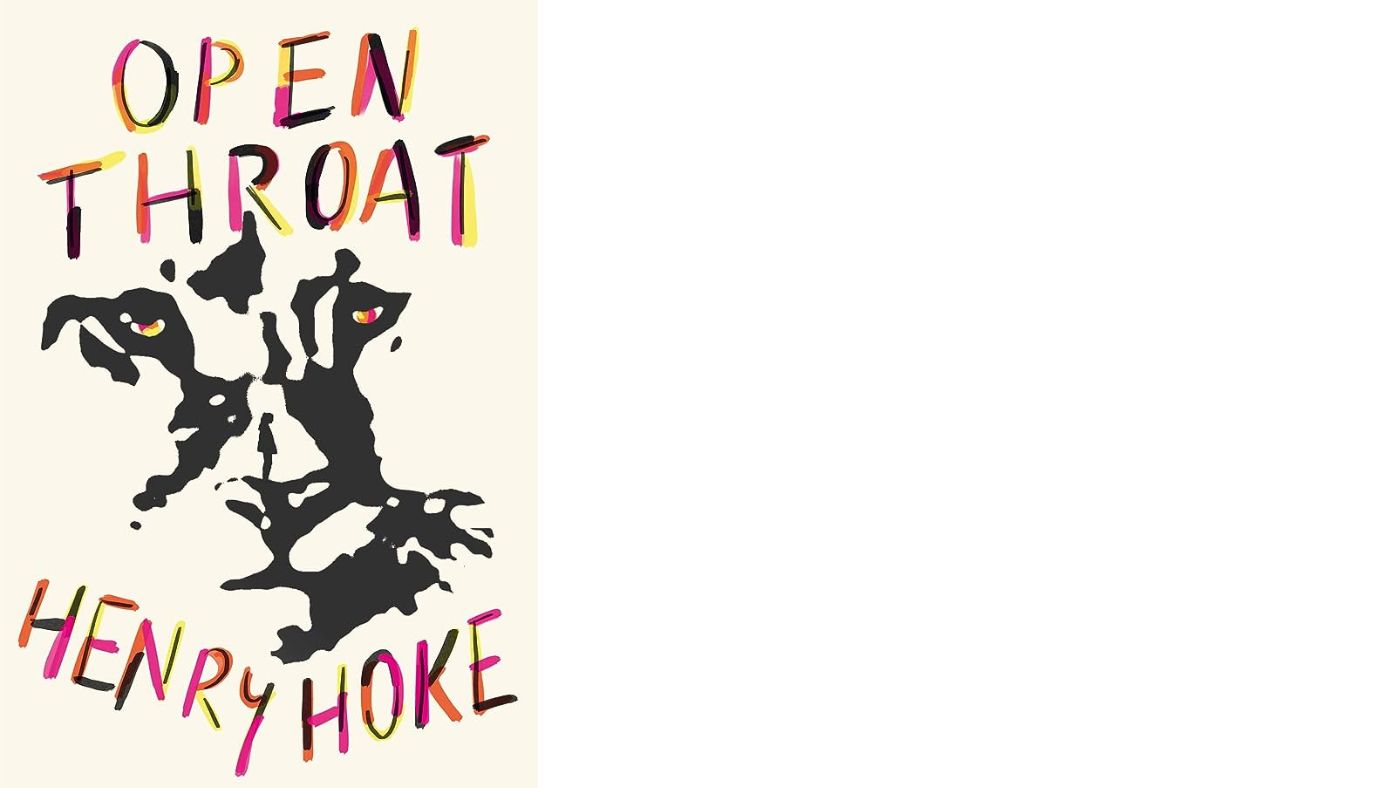
Picador 176pp £14.99; The Week Bookshop £11.99
Henry Hoke’s “slim jewel of a novel” is narrated by a mountain lion living in the desert hills surrounding LA, said Marie-Helene Bertino in The New York Times. Inspired by the real-life case of P22 – a lion spotted prowling around the city in 2012 – it deploys its unconventional narrator (who identifies as queer) to brilliant comic effect.
The novel abounds with “leonine misunderstandings”, said Rahul Raina in The Guardian: scarcity is rendered as “scare city”; money is “green paper”. In some novels, such jokes would be cloying, but here the writing is “so wry and muscular” that you’re “ready to go anywhere Hoke wants to take you”. Propulsive and eventually heartbreaking, this is an “instant classic of xenofiction”.
Don’t worry: “Open Throat” is only about a lion in the way Kafka’s “Metamorphosis” was “about a large bug”, said Ron Charles in The Washington Post. The “fanged narrator” is a type familiar in American fiction: the “outcast naïf whose bewildered commentary plumbs our strange behaviour”. “Give this sinewy prose poem a chance”, and you’ll fall under its spell.
Tom Lake by Ann Patchett
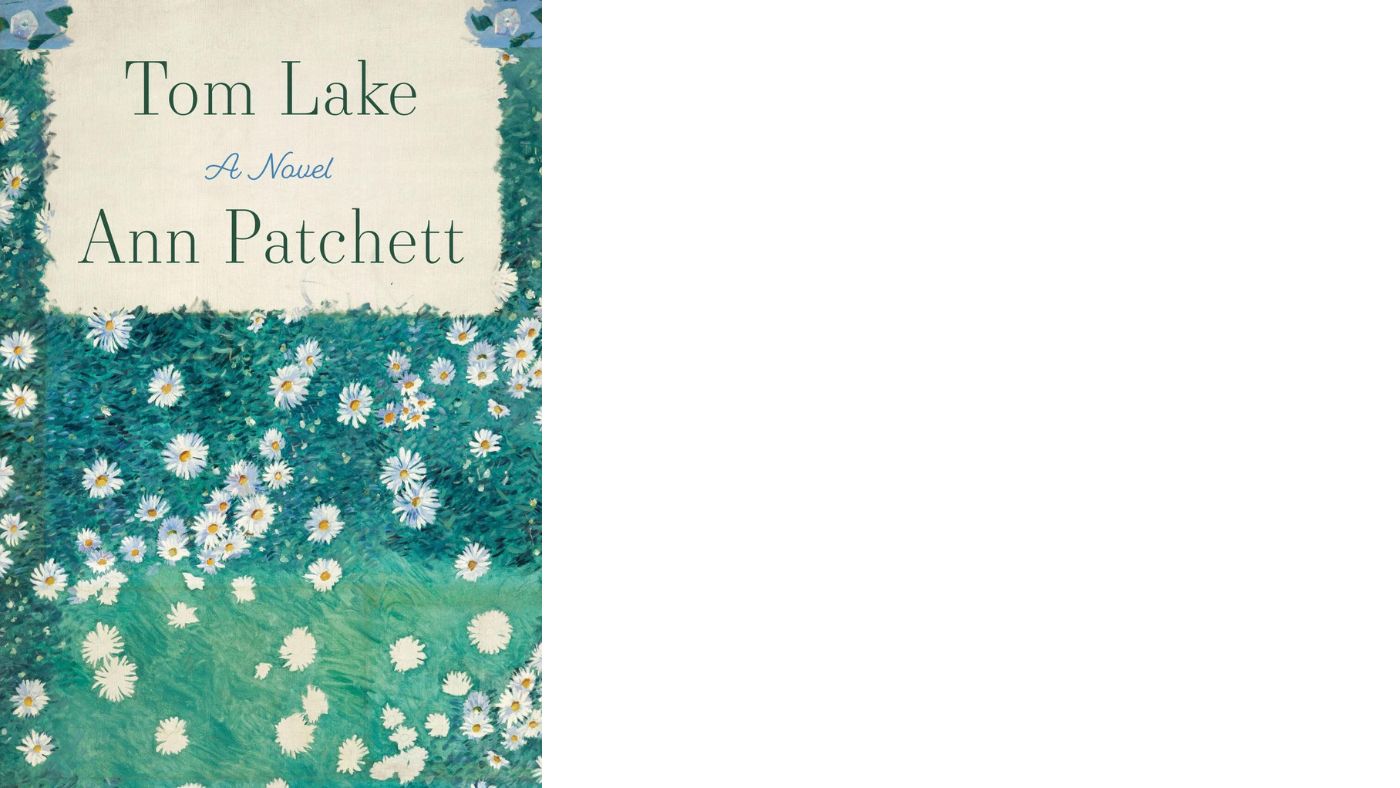
Bloomsbury 320pp £18.99; The Week Bookshop £14.99
With bestsellers such as “Bel Canto” and “The Dutch House”, Anne Patchett has established a reputation for writing “accessible fiction”, marked by a “determination to see the good in people”, said Lucy Atkins in The Guardian. Her latest is “possibly the most upbeat pandemic novel” yet written. In the summer of 2020, Lara, 57, the owner of a Michigan cherry orchard, finds her three grown-up daughters returning home. During the long days, she regales them with “glowing memories” of a brief romance she once had with a Hollywood star. These are interspersed with details of present-day farm life. While readers who had tricky lockdowns may not warm to the “homespun happiness” of this novel, I found it moving and “engaging”.
“Folksy” and “strangely peaceable”, “Tom Lake” has a “ribbon of sentimentality” running through it, said Rachel Cooke in The Observer. Yet “Patchett knows exactly what she’s doing” – and by its end, this “exquisitely controlled” work proves to be a quietly daring attempt to “take the temperature of a whole life, and by so doing, to prioritise happiness over misery”.
The Bee Sting by Paul Murray
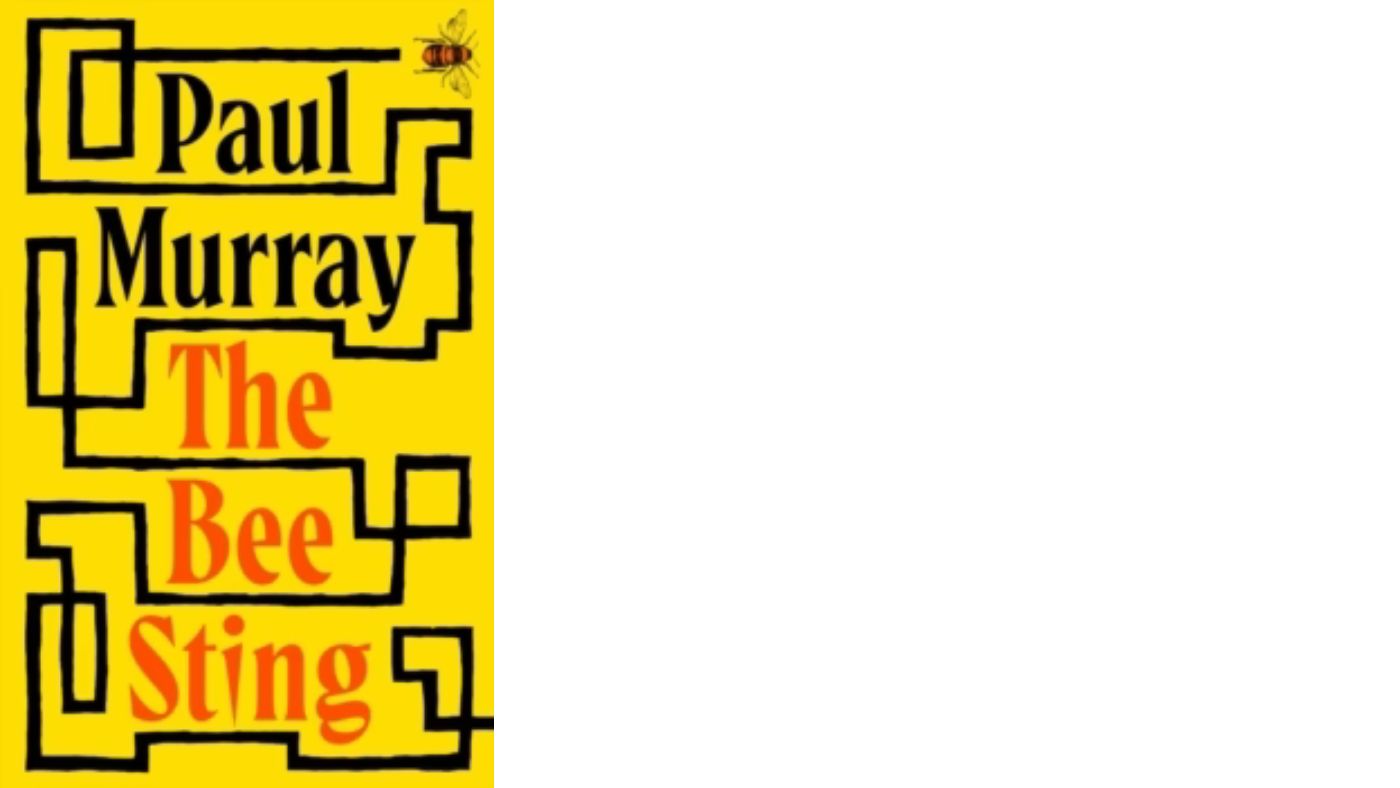
Hamish Hamilton 656pp £18.99; The Week Bookshop £14.99
Paul Murray, the author of “Skippy Dies”, is the “undisputed reigning champion of epic Irish tragicomedy”, said Ian Sansom in The Spectator. In this sprawling novel about the Barnes family – failing car-dealer Dickie, shopping-addicted mum Imelda, dreamy teenager Cass, bullied 12-year-old P.J. – he has produced “an immersive, brilliantly structured, beautifully written mega-tome”. Set after the 2008 crash but also moving four decades into the past, it’s “laugh-out-loud funny”, and deeply sad. “All you need is this, your suntan lotion and a few days off work and you’re good to go.”
Murray switches between the four main characters’ points of view, and what they don’t know about one another creates a “steady crackle of dramatic irony”, said Anthony Cummins in The Observer. There are twists aplenty, but it never turns into a guessing game. “It can’t be overstated how purely pleasurable The Bee Sting is to read.” It’s “carefully paced, brilliantly convincing and helped along by plenty of subtle satire”, said James Riding in The Times – a “huge, marbled wagyu steak of a novel”.
Ordinary Human by Megan Nolan
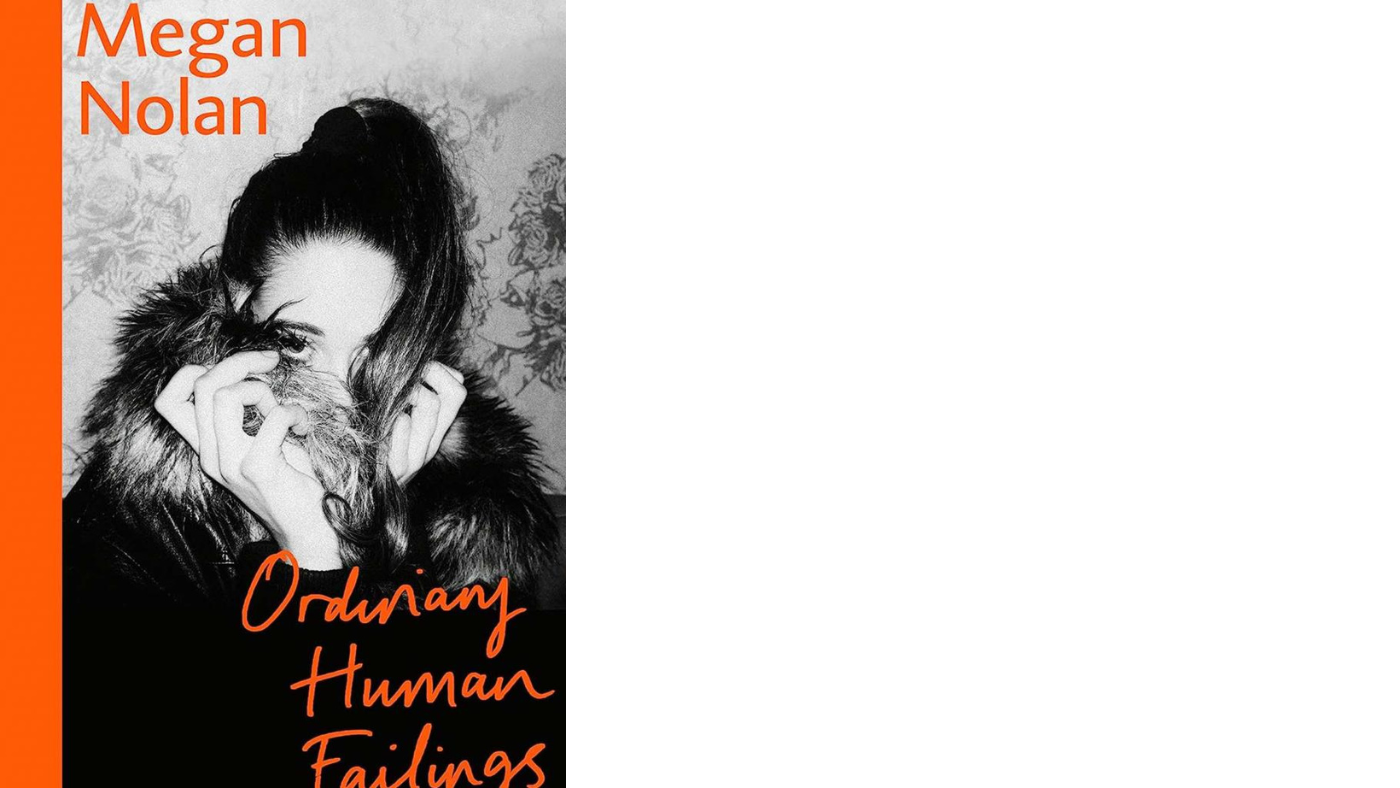
Jonathan Cape 224pp £16.99; The Week Bookshop £13.99
Megan Nolan’s deservedly lauded debut, “Acts of Desperation”, examined the “interior life of a young woman beholden to a toxic partner”, said Holly Williams in The Observer. The young Irish writer’s follow-up has a much broader focus – but the results are similarly “compelling”.
Set in the 1990s, “Ordinary Human Failings” centres on a toddler’s disappearance from a south London estate – and the ensuing scandal as the perpetrator is revealed to have been a ten-year-old named Lucy Green. Lucy is the youngest member of a “reclusive clan of Irish immigrants who’ve never fitted in”, said Lucy Scholes in The Daily Telegraph. And much of Nolan’s “bold and beautiful” novel is devoted to telling their backstory, with the author showing the “interconnected lines of cause and effect” that led to Lucy’s crime.
Marked by its psychological insight, this is a brilliant follow-up to “Acts of Desperation”, said Claire Lowdon in The Sunday Times. It isn’t formally ambitious – more a “three-legged stool” than an “ornate grandfather clock” – but it shows her first novel was no fluke.
Be Mine by Richard Ford
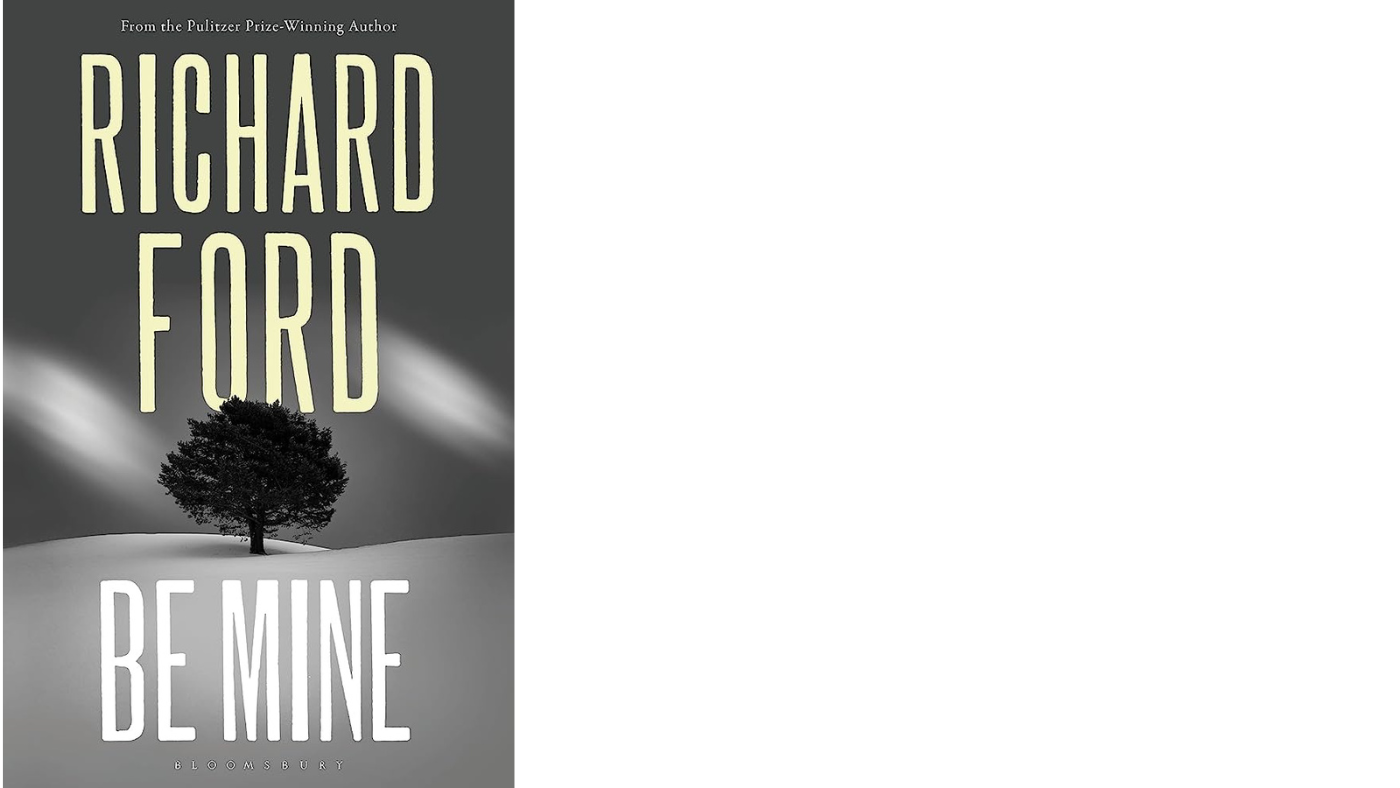
Bloomsbury 352pp £18.99; The Week Bookshop £14.99
The 79-year-old American author Richard Ford has published many books over his long and distinguished career. But he is best known for his novels featuring his “delightfully lugubrious everyman”, Frank Bascombe, said Ian Sansom in The Daily Telegraph. “Be Mine” is the “fifth and final Bascombe book”, and it captures the sportswriter-turned-real estate salesman in the “winter of his life”. Still working part-time, Frank is divorced from his second wife Sally, and spends much of his time caring for his 47-year-old son, Paul, who is dying of motor neurone disease. It’s a fitting end to the Bascombe novels.
The novel centres on a “long, flat, boring” road trip the pair make to Mount Rushmore, said Simon Ings in The Times. It’s a “quotidian” portrait of heroism – much of the action focuses on the practicalities of their journey – but it feels true to life. And, impressively, from this “grim material” Ford has crafted a “bright comedy”, full of jokes and “bickering” dialogue, said John Self in the Financial Times. The result is a “book to sit back and wallow in” – and a moving end to a “magnificent series”.
I Am Homeless If This Is Not My Home by Lorrie Moore
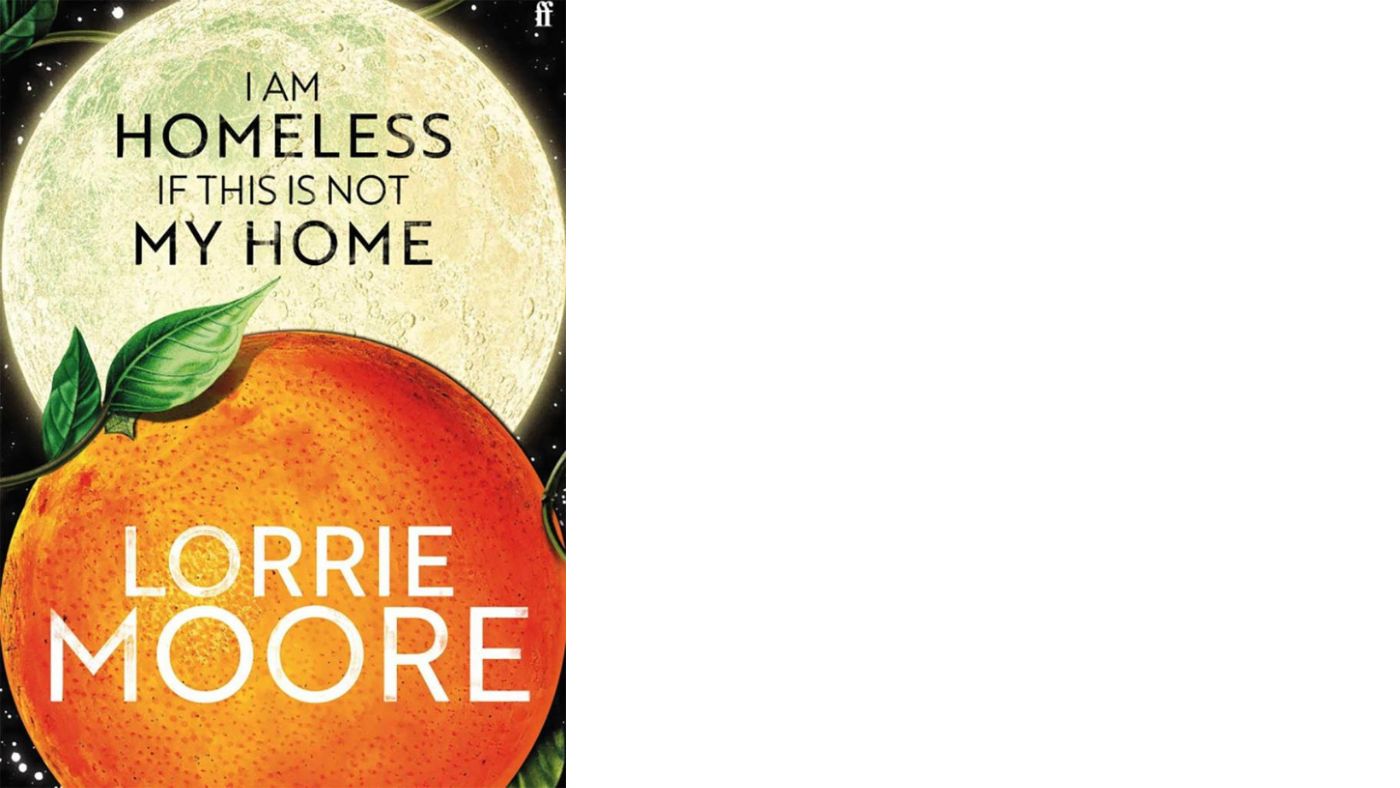
Faber 208pp £16.99; The Week Bookshop £13.99
The US novelist and short-story writer Lorrie Moore has long been drawn to the darkly “off-beat”, said Erica Wagner in The Times. And her compelling fourth novel is no exception: a “slender ghost story”, it is poised “between the living and the dead”. While visiting his brother Max, who has cancer, in hospital, Finn discovers that his ex-girlfriend, Lily, has died by suicide. Finn drives to her burial site, only to find her “waiting for him”: though she’s dead, and her body is decomposing, she is somehow still capable of movement and speech. “What follows is a bizarre road trip”, as they drive together to Tennessee to donate her body to medical science.
While this isn’t Moore’s best novel, “there are pleasures here for fans of her wordplay and dark humour”, said Mia Levitin in The Daily Telegraph. And beneath its jokey surface “runs an achingly poignant reckoning with grief”. It’s a novel certain “to divide people”, said Philip Hensher in The Spectator. At first, it seemed “wilful” and “self-absorbed”. But on the third reading, I found it had “an appalling power”.
Big Swiss by Jen Beagin

Faber 336pp £16.99; The Week Bookshop £13.99
This “uproariously funny” novel by the US writer Jen Beagin is a brilliant satire on therapy culture, said Mia Levitin in the Financial Times. After breaking off a “ten-year engagement”, Greta, 45, leaves Los Angeles and moves to Hudson, upstate New York, where she takes a job transcribing for a local sex therapist. In this “tiny community”, Greta inevitably recognises the voices of people she has heard spilling their secrets; one of these is 28-year-old gynaecologist Flavia, whom Greta has nicknamed “Big Swiss”. Greta knows Flavia, a “magnetic mix of Teutonic stoicism and vulnerability”, has never had an orgasm and “finds sex with her husband a chore”. The pair “embark on a torrid affair” – though Greta doesn’t tell Flavia about her job.
There’s a “lot more cunnilingus” in this novel than I expected, said Lucy Bannerman in The Times. But it’s also a brilliant depiction of Hudson, a prosperous but “seedy” place where “corporate lawyers reinvent themselves as antique dealers”. “Big Swiss” is being turned into an HBO series, with “Killing Eve” star Jodie Comer. It’ll definitely be “worth an eavesdrop”.
Death Under a Little Sky by Stig Abell
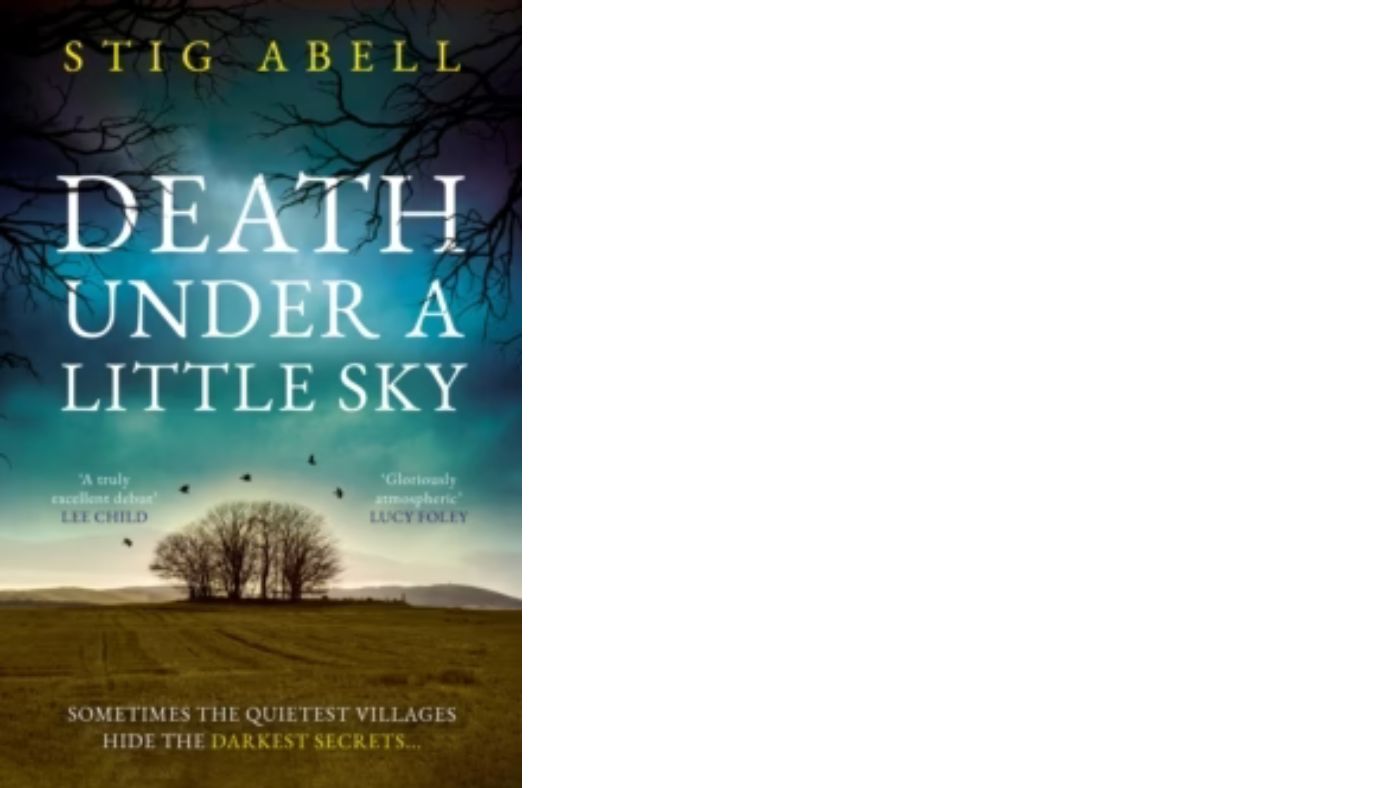
HarperCollins 352pp £14.99; The Week Bookshop £11.99
“Stig Abell has such a versatile CV” – his career has encompassed both The Sun and the Times Literary Supplement, and he is now a presenter on Times Radio – that it isn’t that surprising to find him dipping a toe into “crime-writing waters”, said Andrew Rosenheim in The Spectator. What may be surprising is “how well he’s done it”.
“Death Under a Little Sky” is set in a tiny village in a nameless part of England, to which police detective Jake Jackson retires after inheriting a large house from his uncle. Initially, he leads a solitary existence, but he soon befriends Livia, an attractive local vet. When human bones are uncovered during the village’s treasure hunt, the pair investigate the mystery together.
This is a “joyful dive into the detective genre”, said Alison Flood in The Observer. Abell’s love of crime fiction “shines through, as Jake ponders what the likes of Jack Reacher might do in a messy situation”. I was charmed by the “eccentric cast of characters”; and also engrossed by the “increasing sense of menace, as Jake digs into what happened”.
Time Shelter by Georgi Gospodinov

Orion 304pp £9.99; The Week Bookshop £7.99
The Bulgarian author Georgi Gospodinov’s third novel – which has just won the 2023 International Booker Prize – centres on a clinic in Switzerland for patients suffering from amnesia, said Sam Sacks in The Wall Street Journal. The brainchild of a mysterious therapist called Gaustine, the clinic works by immersing its patients in the past: “each floor represents a different decade and is filled with the minutiae of the era”. The clinic proves so successful that Gaustine soon opens its doors to those who don’t suffer from memory impairment – but who simply want to escape the present. A discursive, complex novel that recalls the works of Orhan Pamuk, “Time Shelter” is “difficult but rewarding”.
“This novel could have been a clever, high-concept intellectual game with little by way of emotional investment,” said Patrick McGuinness in The Guardian. Gospodinov, though, is a writer of “great warmth”, and Gaustine’s clinic becomes the “perfect conceit” for exploring 20th century history and the power of nostalgia. Angela Rodel’s skilful translation into English means that its virtues are on “abundant display”.
The Making of Another Major Motion Picture Masterpiece by Tom Hanks
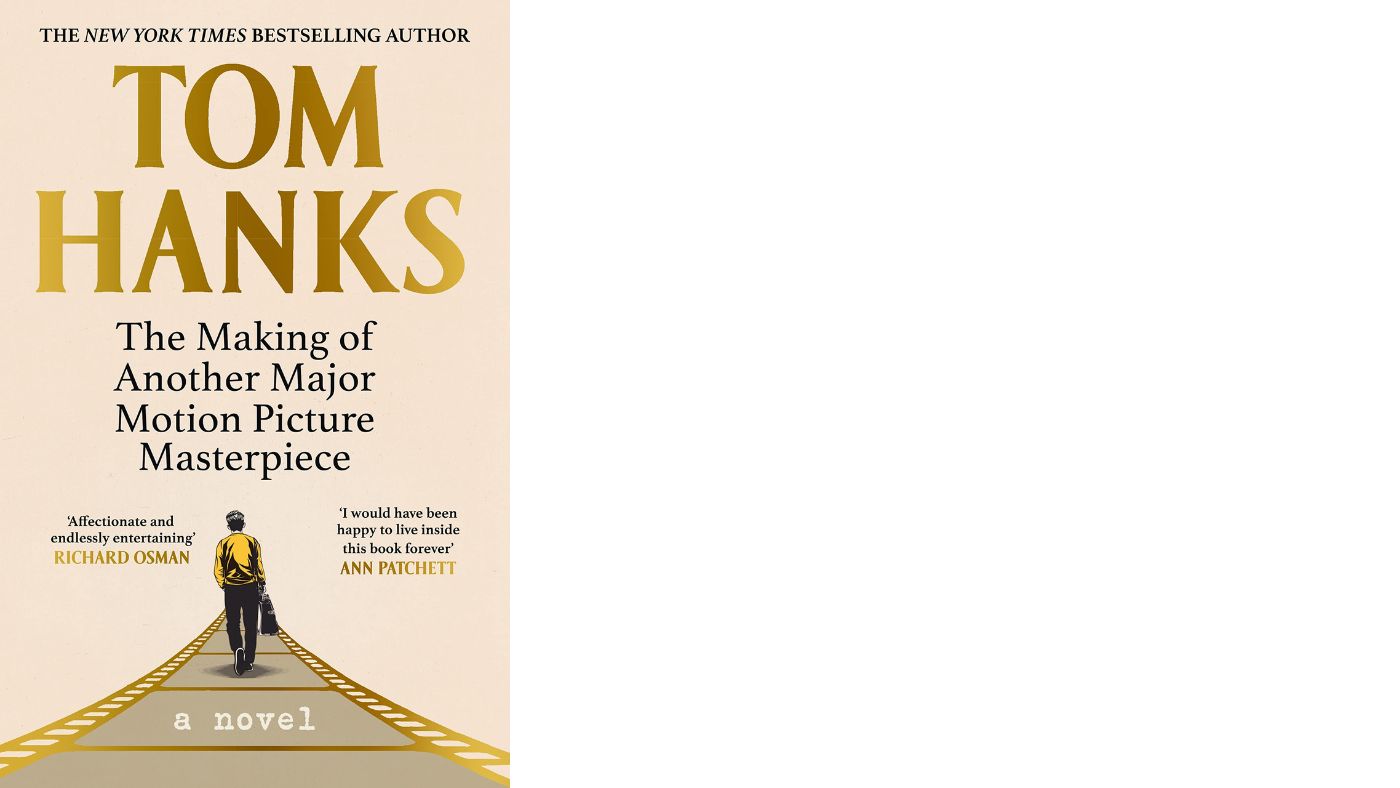
Cornerstone 416pp £22; The Week Bookshop £17.99
Weighing in at more than 400 pages, Tom Hanks’s debut novel is excessively long, said Andrew Billen in The Times. But that’s its only real flaw. The story begins with “legendary director and screenwriter” Bill Johnson inviting a film reviewer named Joe Shaw onto the set of his latest project, a superhero movie called “Knightshade”. What follows is Joe’s account of the production, with every aspect of the process described in detail, from the absurd behaviour of the leading actors (one insists on sleeping in a tent) to the “ruthless euphemisms of Tinseltown”. The results are both revealing and entertaining: “there will never be a superior account” of how a blockbuster gets made.
It would be nice to see this book as a satirical tale pricking Hollywood’s “pompous self-regard”, said Xan Brooks in The Guardian. Alarmingly, though, Hanks seems to be “deadly serious”. So awed is he by the world of film that everything is a “source of endless fascination”. The result is a “bland busman’s holiday” of a novel that “can’t see the wood for the trees”.
The Guest by Emma Cline
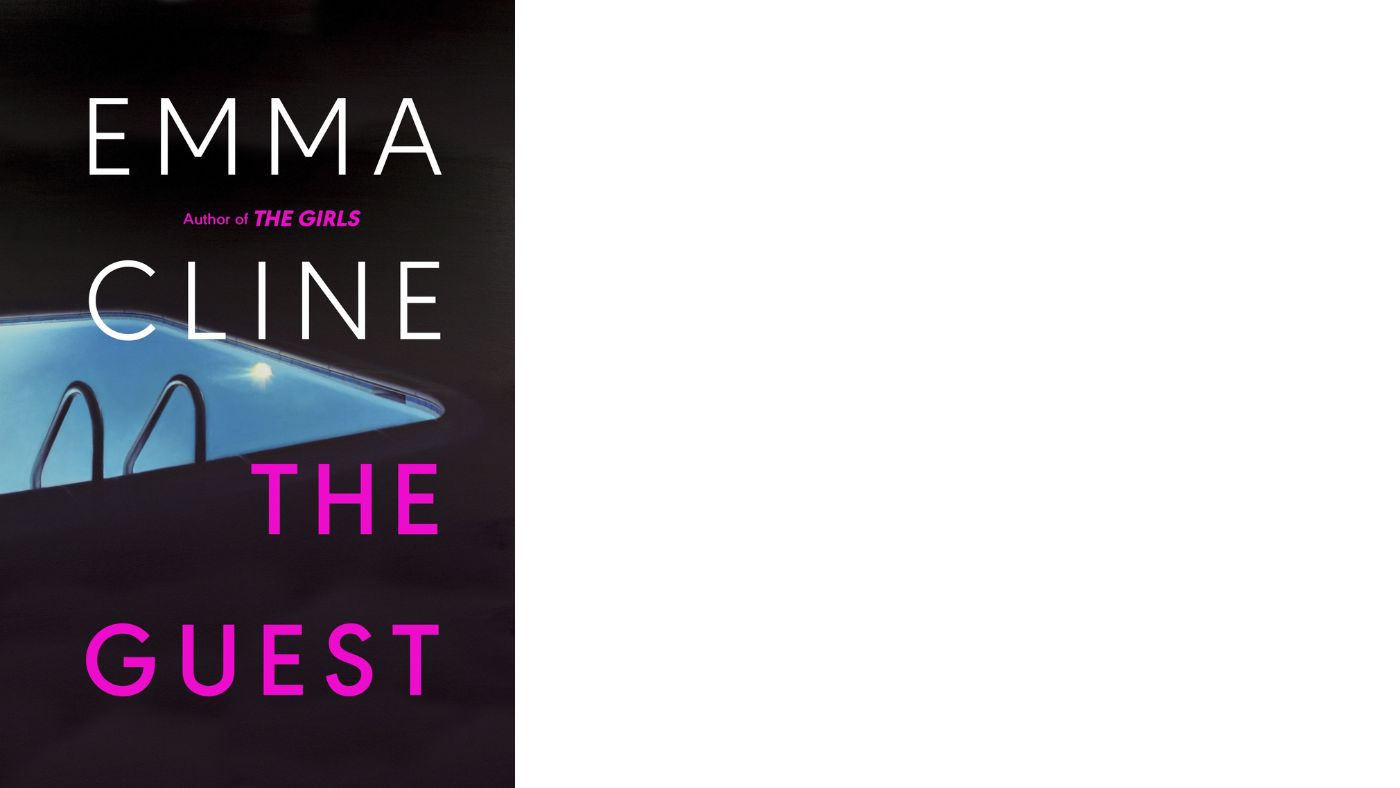
Chatto & Windus 304pp £18.99; The Week Bookshop £14.99
Emma Cline became a 27-year-old literary sensation when her “exceptional” debut, “The Girls” – “a heady story” of a Charles Manson-like cult told through the eyes of a teenager – was published in 2016, said Emily Watkins in The Independent. In her “exquisite” second novel, Cline again tells the story of a troubled young woman – and this time the results are “even better”.
Alex, 22, is an escort and small-time confidence trickster who has alienated virtually everyone she knows in New York, said Ron Charles in The Washington Post. When the story opens, she has fled to Long Island – where she looks upon the population of wealthy holidaymakers as a “field ready to harvest”. We follow her over five days, “as she lurks around the island, appearing wherever hosts are too polite to question her presence”; an acquaintance is sending her threatening messages about the money she stole from him. Written in Cline’s “sleek, cool style”, “The Guest” is a “smouldering thriller” about desire, deception and class envy.
Cline is a writer of “unmistakeable talent”, but I found this book a big disappointment, said Ann Manov in The Daily Telegraph. In essence, it’s a “15-page character sketch stretched to novel length”. The dialogue is “painful”, the “psychology heavy-handed”, and even Cline seems bored at times: many scenes peter out “more by exhaustion than design”. I disagree, said Rob Doyle in The Guardian. “The Guest”, for me, is a “gorgeously smart affair whose deceptive lightness conceals strange depths and an arresting originality”. It can be read on many levels: as a “treatise on neoliberal precariousness”; as a study of “metaphysical estrangement”; or simply as an “elevated beach read”.
Soldier Sailor by Claire Kilroy
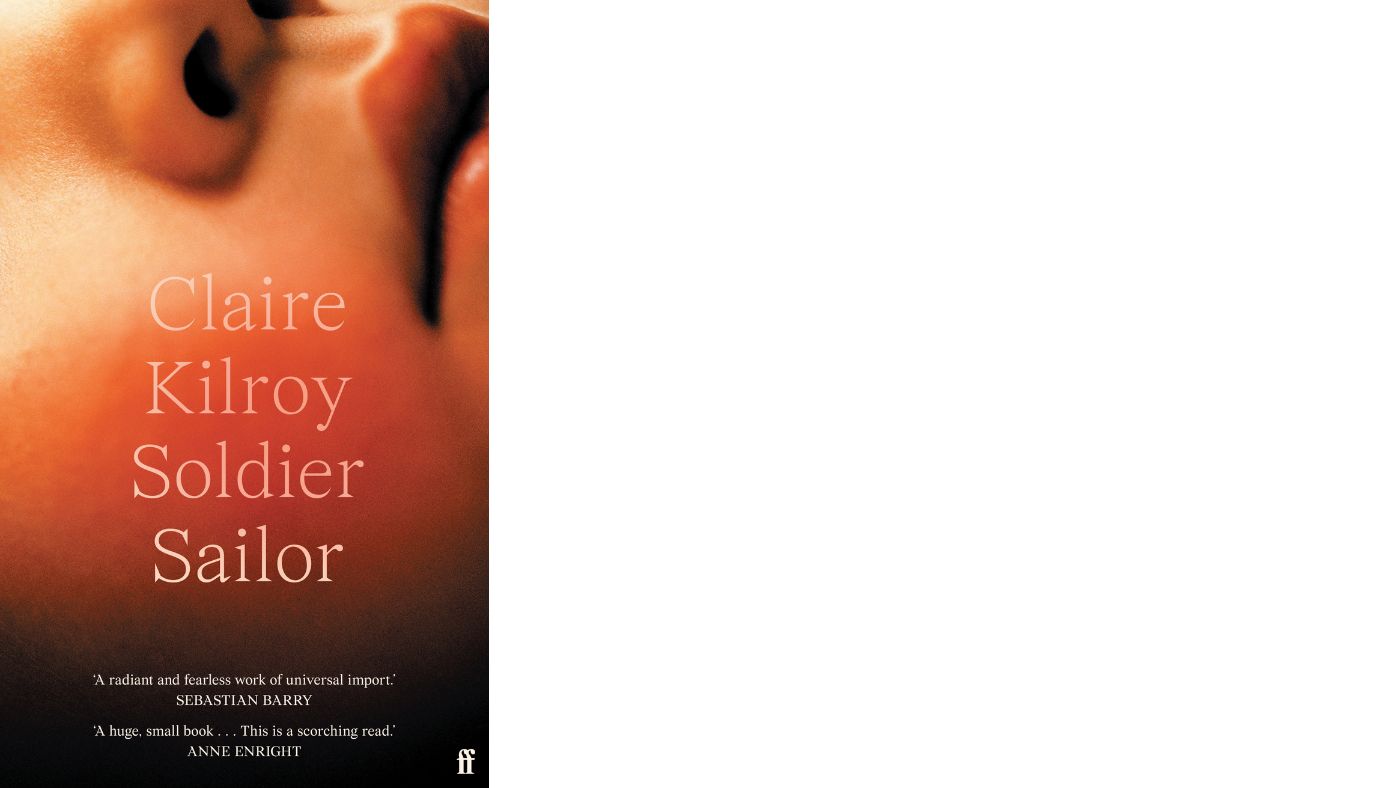
Faber 256pp £16.99; The Week Bookshop £13.99
Claire Kilroy is best known for her savage satires on contemporary Ireland, said Rosemary Goring in Literary Review. “Soldier Sailor”, her first novel in more than a decade, could hardly be more different: its subject is first-time motherhood. Narrated by an unnamed woman who describes her “earliest days” left alone with her son while her self-obsessed husband focuses on his work, this is a story of “wet wipes, teething and collapsing buggies”. If that sounds unappealing, “fear not”: Kilroy spins a “compelling tale”, one that “plumbs the depths of her narrator’s soul” while being liberally laced with humour. The novel “reads as easily as a postcard”, but manages to be “profound”.
The pleasure of this novel lies in the way Kilroy makes us see “familiar things for the first time”, said John Self in The Times. Putting a dummy in a screaming baby’s mouth is “like putting a pin back into a grenade”; a dishwasher opened mid-cycle has a “dripping metal maw, like part of a ship winched from the seabed”. Observant, witty and even “pretty pacey”, “Soldier Sailor” is “exceptionally good”.
August Blue by Deborah Levy
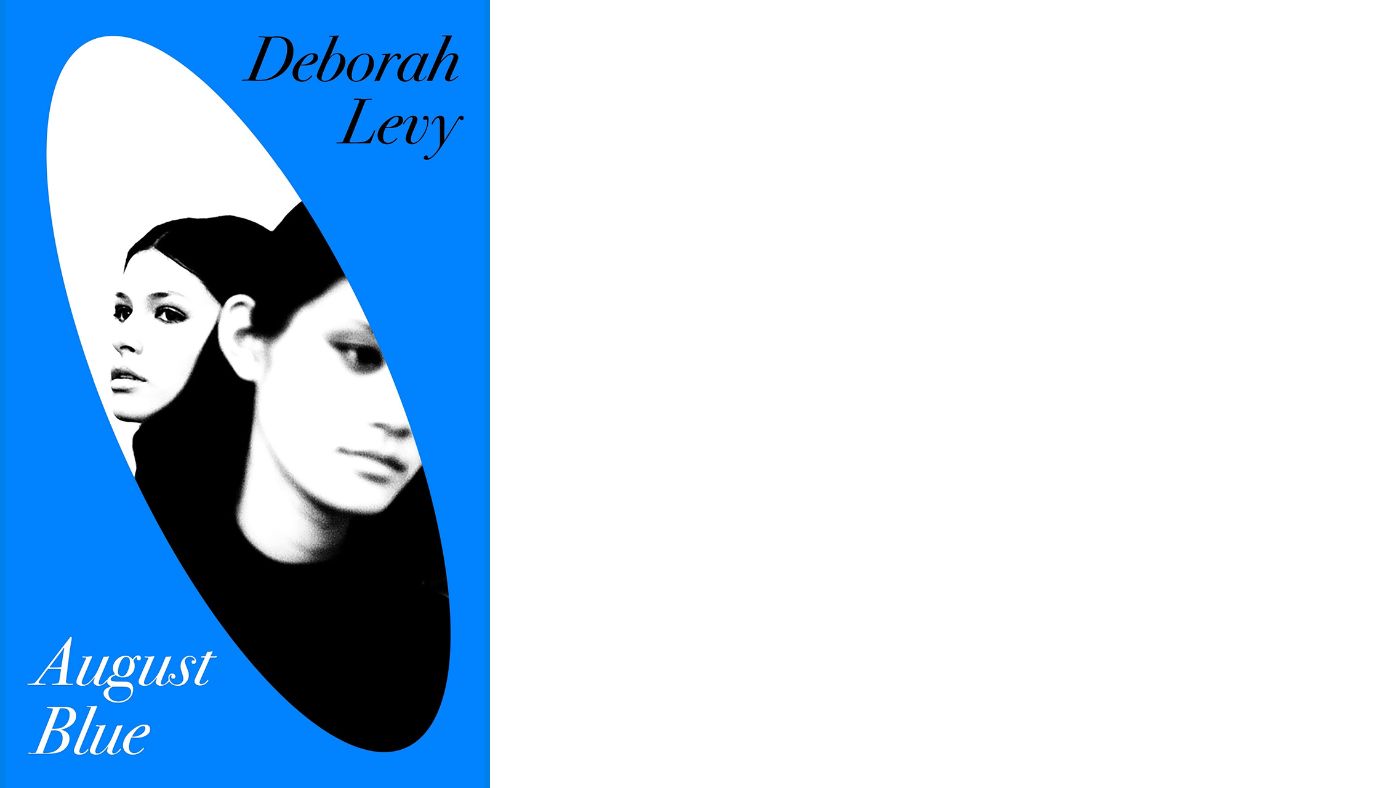
Hamish Hamilton 256pp £18.99; The Week Bookshop £14.99
“From Dostoevsky to Hitchcock’s ‘Vertigo’, the doppelgänger is among the delights of literature and film alike,” said Olivia Laing in The Observer. And it’s a theme that Deborah Levy explores to striking effect in her “deeply Freudian” ninth novel. Elsa M. Anderson is a concert pianist who has recently lost her nerve and “walked off stage mid-performance” in Vienna. In the wake of this “unforgivable act”, she is “drifting around Europe”, teaching piano to the children of the wealthy. One day, in an Athens market, she spots a stranger wearing the same coat as her, and is “compelled by the sense that she is looking at herself”. Over the pages that follow, the doppelgänger reappears, as she pursues Elsa “from Athens to London to Paris”.
Levy uses the device of the doppelgänger to explore her protagonist’s self-fracturing, said M. John Harrison in The Guardian. An orphan raised by an overbearing piano teacher, Elsa has little idea who she is. Written in Levy’s trademark “quick and bare” prose, and poised “between comedy and darkness”, “August Blue” is a thrilling performance.
A House for Alice by Diana Evans
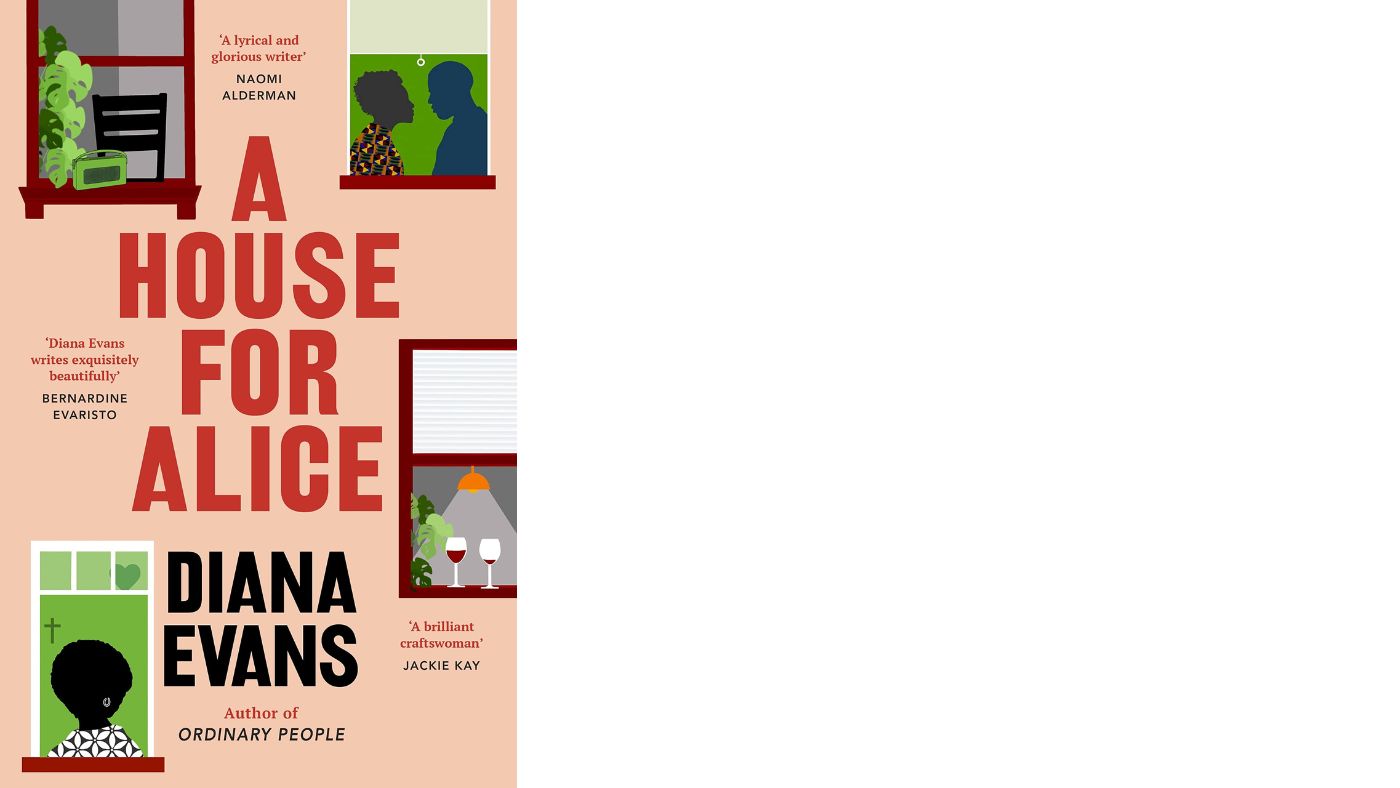
Chatto & Windus 352pp £18.99; The Week Bookshop £14.99
“Diana Evans’s last novel, ‘Ordinary People’, followed two black middle-class couples in contemporary London” as they “navigated the disillusionments of midlife”, said Elizabeth Lowry in The Daily Telegraph. Her new novel alights on the same four characters a few years later, all now unhappily divorced. One man, Michael, has taken up with a “sexy singer”, but still spends much of his time “yearning” for his ex, Melissa. The other man, Damian, is pursuing an “exciting single existence”, but leaves “anger and confusion in his wake”. The two women, meanwhile, are both made “distraught” by their teenage children’s problems. The message of this “compassionate and sharp” novel is that it’s dangerous to disassociate yourself from the past.
Evans occasionally strives too hard to hitch her drama to “real-life events”, said Lucy Bannerman in The Times: there are lots of “clunky” references to the Grenfell fire, Brexit and the like. “Be reassured”, however: such interruptions don’t spoil the fun. Big-hearted and often extremely funny, “A House for Alice” is a “beautifully observed” novel.
Pineapple Street by Jenny Jackson
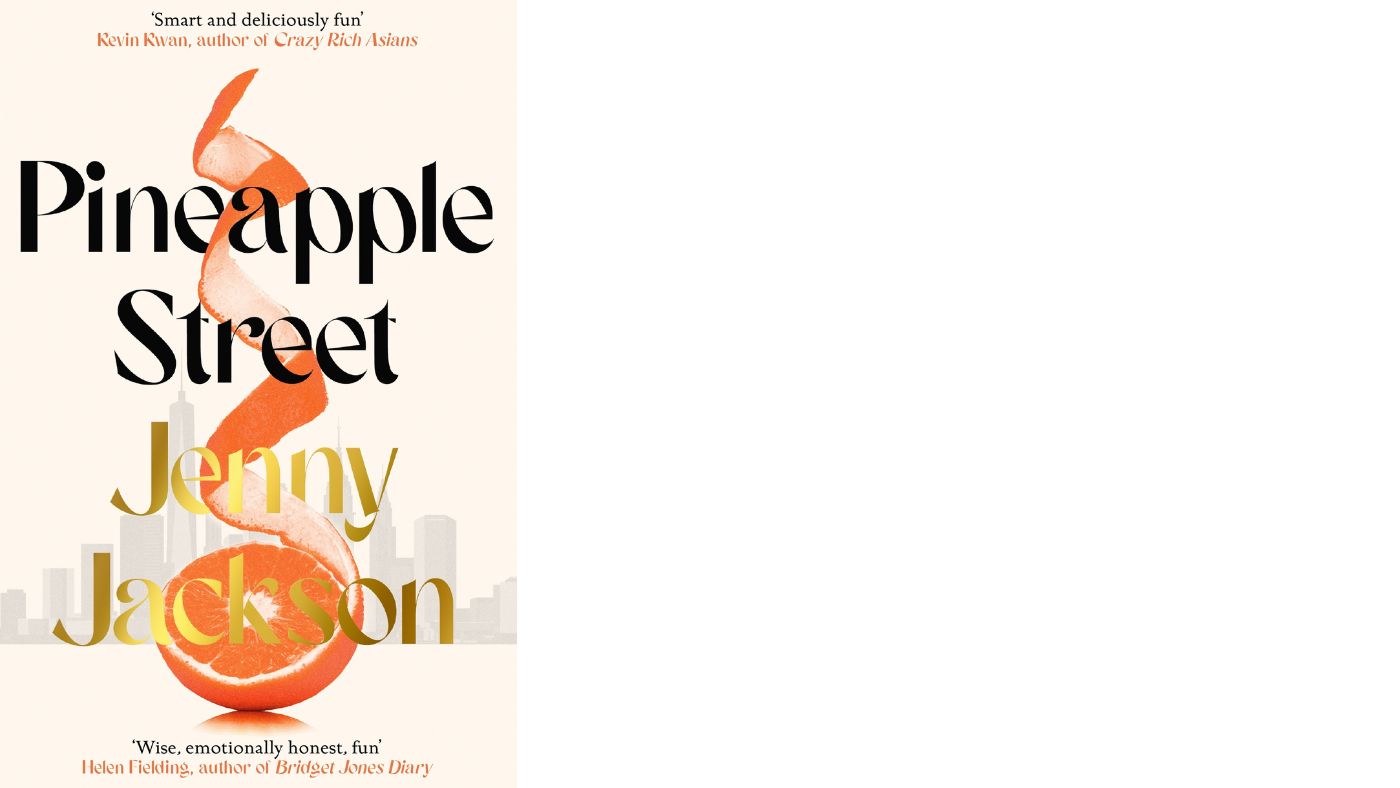
Hutchinson Heinemann 320pp £14.99; The Week Bookshop £11.99
It’s unusual to come across “a novel about the 1% that isn’t a satire or an insane potboiler”, said India Knight in The Sunday Times. But Jenny Jackson’s “blissfully enjoyable” debut is neither. Instead, it’s a story about a “family of New York property squillionaires” who happen to be “nice people”. The Stocktons are an “exceptionally tightly knit” family of five who have lived for decades in the same Brooklyn Heights brownstone. But when Chip and Tilda, the parents, decide to downsize, it triggers various family tensions that suck in all three of their adult children. A “very funny” novel about class, money, family and love, “Pineapple Street” is “one to pack for summer, whether you’re headed for the Hamptons or the Norfolk Broads”.
Whether describing the endless games of tennis the Stocktons play, or discussing the intricacies of pre-nups, Jackson chronicles their lives in “granular detail”, said Christobel Kent in The Guardian. “Minutely observed”, and “packed with one-liners”, “Pineapple Street” is a novel that largely justifies its author’s insistence that “we give the super-rich a chance”.
Shy by Max Porter
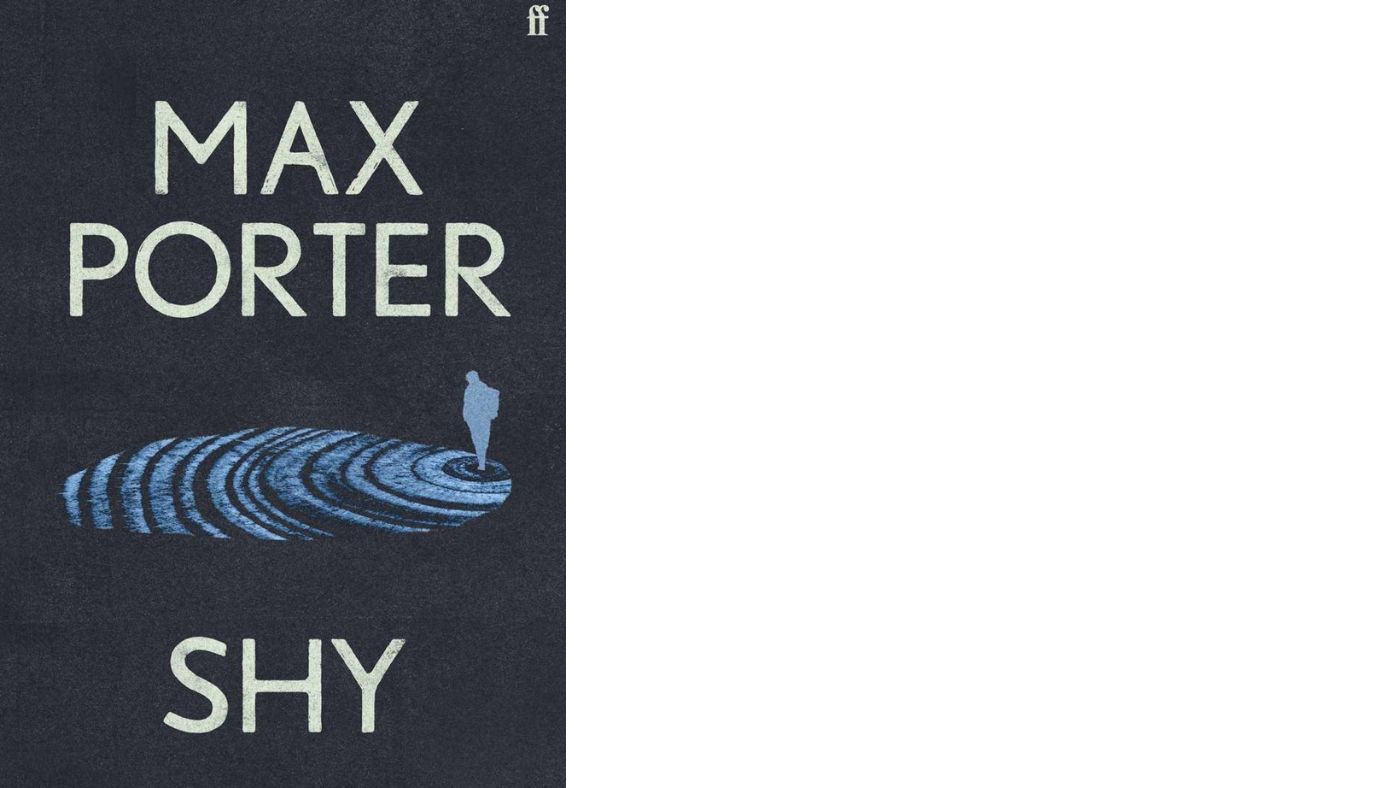
Faber 128pp £12.99; The Week Bookshop £9.99
Max Porter’s fourth book, set in the mid-1990s, is a “virtuosic novella that tracks a single day in the life of a troubled boy”, said Michael Delgado in Literary Review. Sixteen-year-old Shy is a resident of Last Chance, a rural home for young offenders. As the novel opens – at 3:13am – the teenager is “sneaking away”, carrying a backpack full of rocks. The narrative follows him as he walks – he’s headed for a pond – assailed by “breathless memories”. Porter’s “jagged” prose is inspired by the music of the era, specifically the drum ‘n’ bass that Shy adores. It makes for a “wonderful, troubling act of empathy”.
Like Porter’s previous books (including his prize-winning debut “Grief is the Thing with Feathers”), this slim novel deploys the “tricks and tropes” of modernism while remaining “hugely readable”, said The Guardian. Porter’s obvious love for his central character is what makes this possible. But in some respects, notably its schmaltzy ending, the novel disappoints. It’s a work of “many patches”: some “brilliantly coloured”, a few rather “bare”.
Romantic Comedy by Curtis Sittenfeld
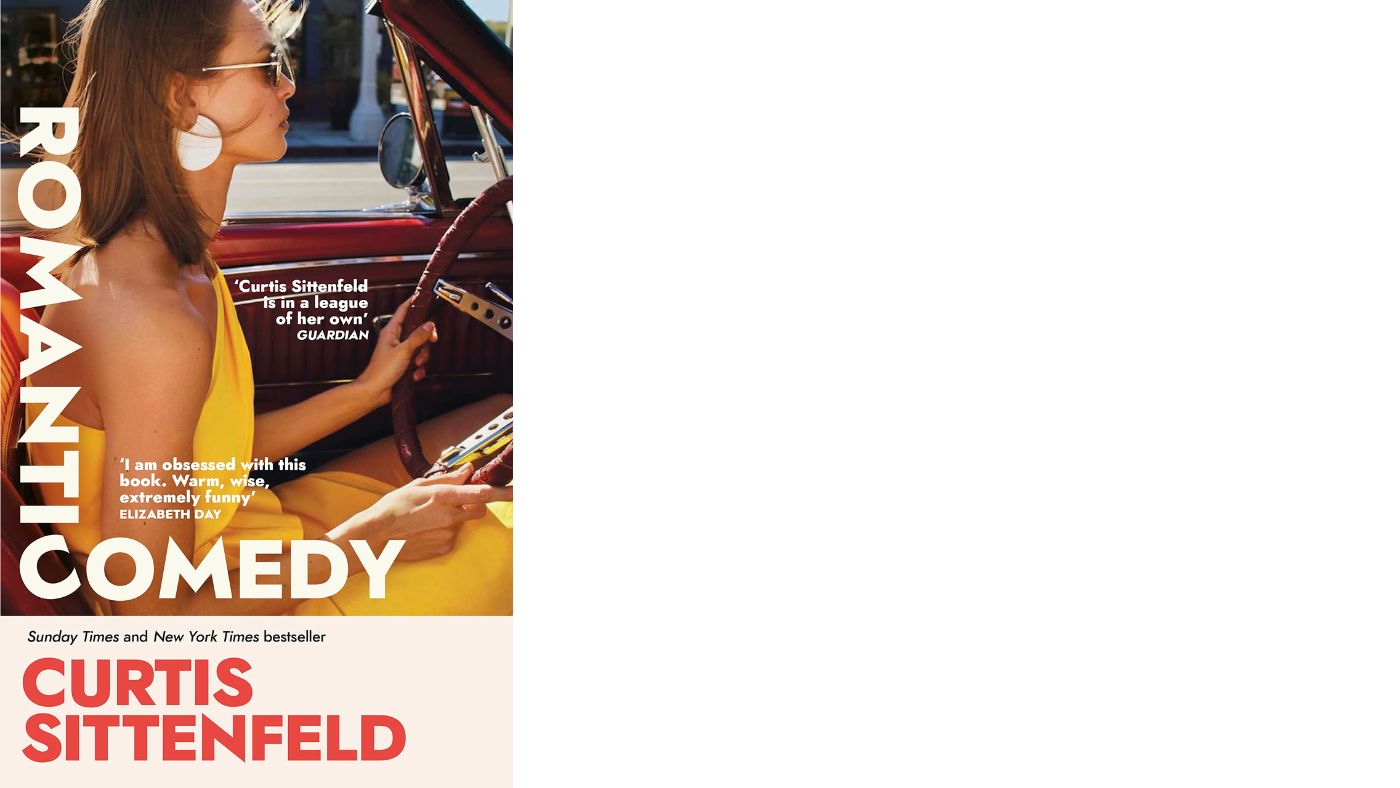
Doubleday 320pp £16.99; The Week Bookshop £13.99
Curtis Sittenfeld’s enjoyable new novel is a “love letter to the prototypical romcom”, said Scaachi Koul in The New York Times. Sally Milz, a comedy sketch-writer in her late 30s, has become “embittered by her life’s many little heartbreaks”, and doubts she will ever find love. On the show she works on (which resembles “Saturday Night Live”), “mediocre-looking” male colleagues seem able to “date way out of their league” – while the women remain single. But when an “ageing pop icon” named Noah hosts the show one week, Sally suddenly finds her heart “aflutter”. The novel becomes an exploration of whether “someone like her” (fun and intelligent, but not especially glamorous) can “bag someone like him”.
Sittenfeld’s “command of structure, pace and dialogue is faultless”, said Anthony Cummins in The Observer. This book treads “well-tilled terrain” – Covid-19, modern celebrity, the art of writing – but it does so with “panache”. An “affable and intelligently crafted tale of work and love”, this is a novel that’s refreshingly unafraid to give readers “what they want”.
To Battersea Park by Philip Hensher
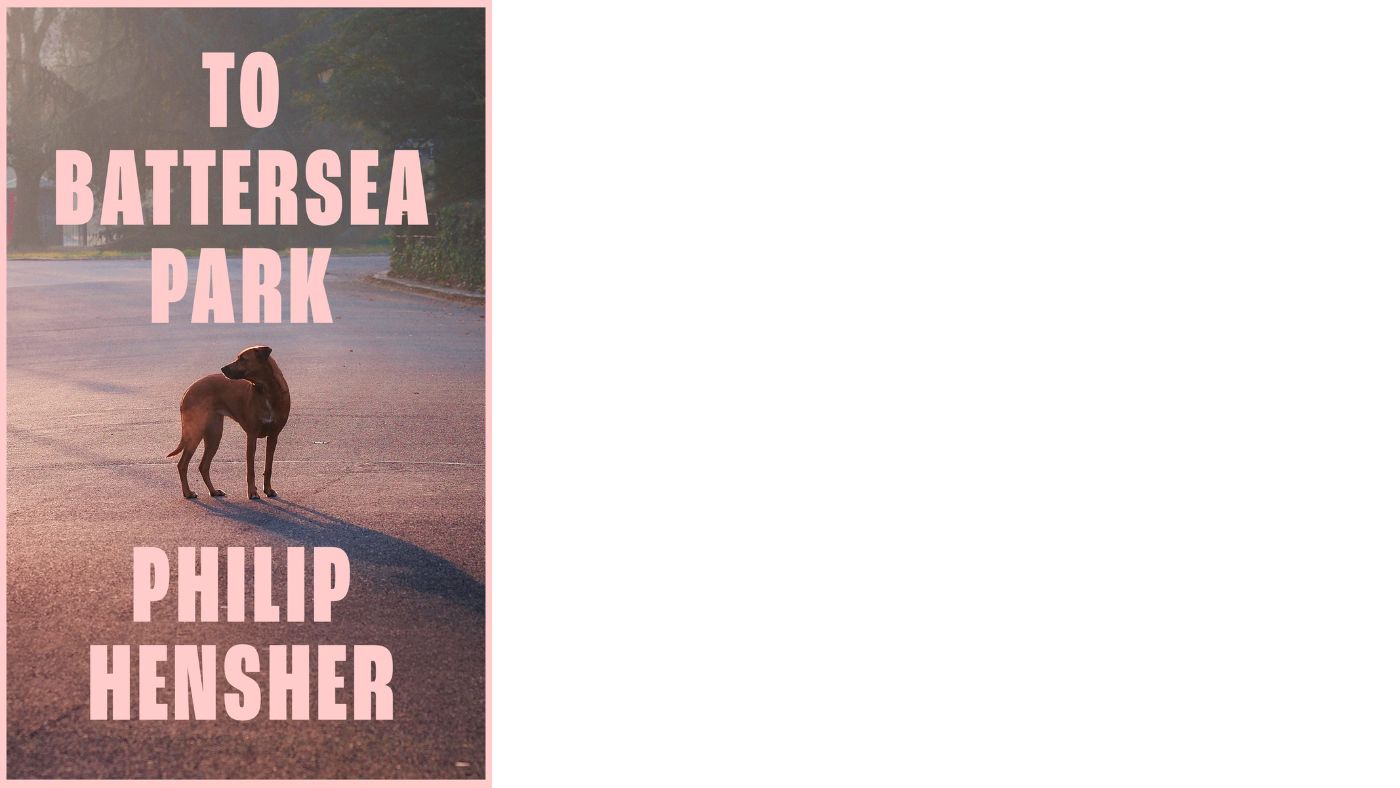
Fourth Estate 304pp £16.99; The Week Bookshop £13.99
“The pandemic has prompted a spate of novels, and more no doubt will follow,” said Adrian Turpin in Literary Review. But few are likely to better capture the “strangeness” of that time than Philip Hensher’s “To Battersea Park”. This clever, original work consists of four sections, said Lucy Scholes in The Daily Telegraph. Part one follows a writer with a “striking resemblance to Hensher” who “bakes elaborate cakes” and seethes at joggers in the park. Part two widens the perspective to other characters, before, in part three, Hensher ventures into “postapocalyptic” territory, as he follows a man walking in Kent in the aftermath of a deadly “fifth wave”. The final section returns to the writer, who’s by now struggling with a bout of Covid.
This is a frankly baffling work, said Peter Kemp in The Sunday Times. The early parts are full of “grindingly dull” descriptions of everyday objects, while the futuristic “excursion” in Kent “reads like a re-casting of Cormac McCarthy’s “The Road” by Joe Orton on an off day”. It’s “pompous” and “off-putting”, and, by the end, strongly soporific.
Dr. No by Percival Everett
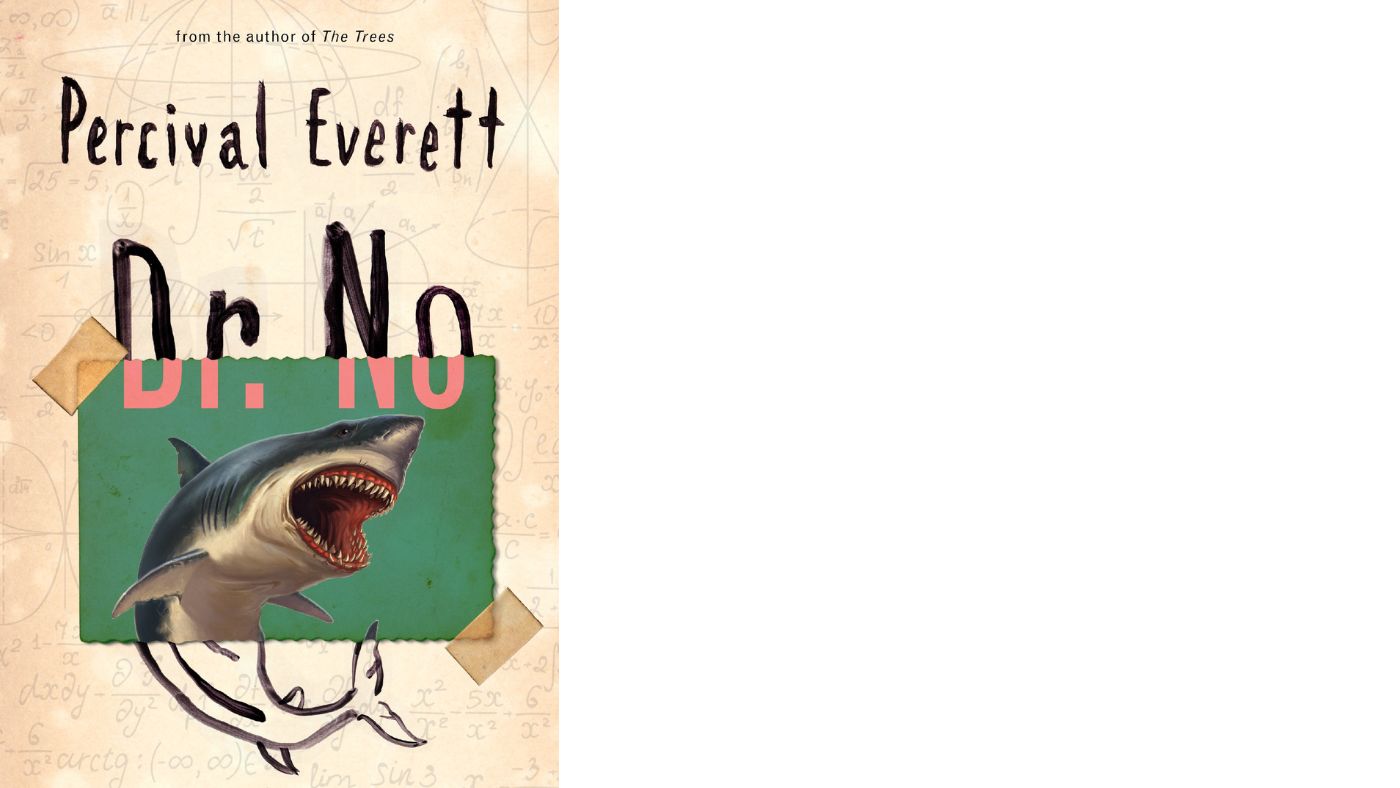
Influx 276pp £9.99; The Week Bookshop £7.99
For four decades, Percival Everett has been the “unsung Jonathan Swift of modern American fiction”, churning out a series of “clever, funny and mercilessly satirical” works, said Robert Collins in The Times. His recent success with “The Trees” – a “stupendous novel” about the legacy of slavery, which was shortlisted for last year’s Booker Prize – finally brought him to wider attention. Now, he has published “Dr. No”, an “alchemical” spoof of an Ian Fleming novel that “smuggles into its harebrained pages another sly satire of race in America”.
The central character, Wala Kitu, is a maths professor at Brown University whose “speciality is the idea of nothing”, said Stuart Kelly in The Spectator. His work attracts the attention of a black billionaire called John Sill, who “offers him ludicrous sums of money” to help achieve his goal of becoming a Bond villain. Combining the “zany and the profound” in a novel isn’t easy – but Everett manages to blend ruminations on the “notion of nothingness” with a “hijinks plot”. He is an “astonishing writer” – and “Dr. No” is another “beautifully choreographed” work.
Queen K by Sarah Thomas
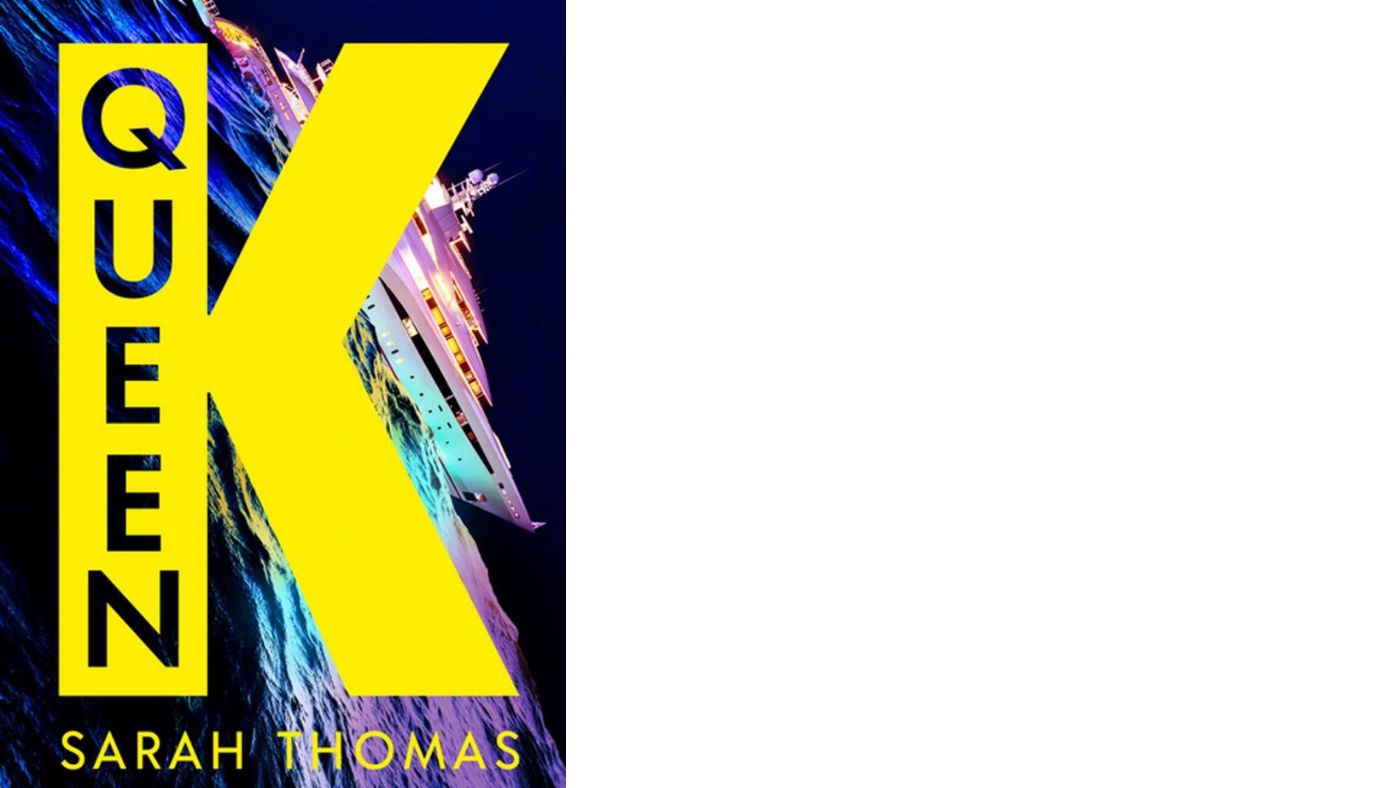
Serpent’s Tail 288pp; £14.99 The Week Bookshop £11.99
Cracking open this “classy” debut will “produce a titillating sensation familiar to viewers of the hit series “The White Lotus”, said Claire Lowdon in The Sunday Times. On page one, we learn there has been a death – and the rest of the novel follows the events leading up to it. Melanie, the narrator, is private tutor to Alex, daughter of Russian billionaires. As she tutors Alex – in the Alps, in Monaco, and on a “mega-yacht in the Maldives” – Melanie learns “a great deal” about her family. Sarah Thomas, a former tutor to the super-rich, has written a “hot holiday read to brighten up the last few weeks of winter”.
Thomas skilfully captures both the “mind-blowing excess” and “existential misery” of those who’ve won “the oligarch lottery”, said Melissa Katsoulis in The Times. Alex’s parents “live a life that most of us can only dream of”, and yet crave the “one thing money can’t buy: acceptance into old-money European society”. Eventually, their “self-hatred implodes” – and Melanie has a “ringside seat” when it does. Having lured you in with its “beach-read vibes”, Queen K ultimately proves “devastating”.
Old God’s Time by Sebastian Barry
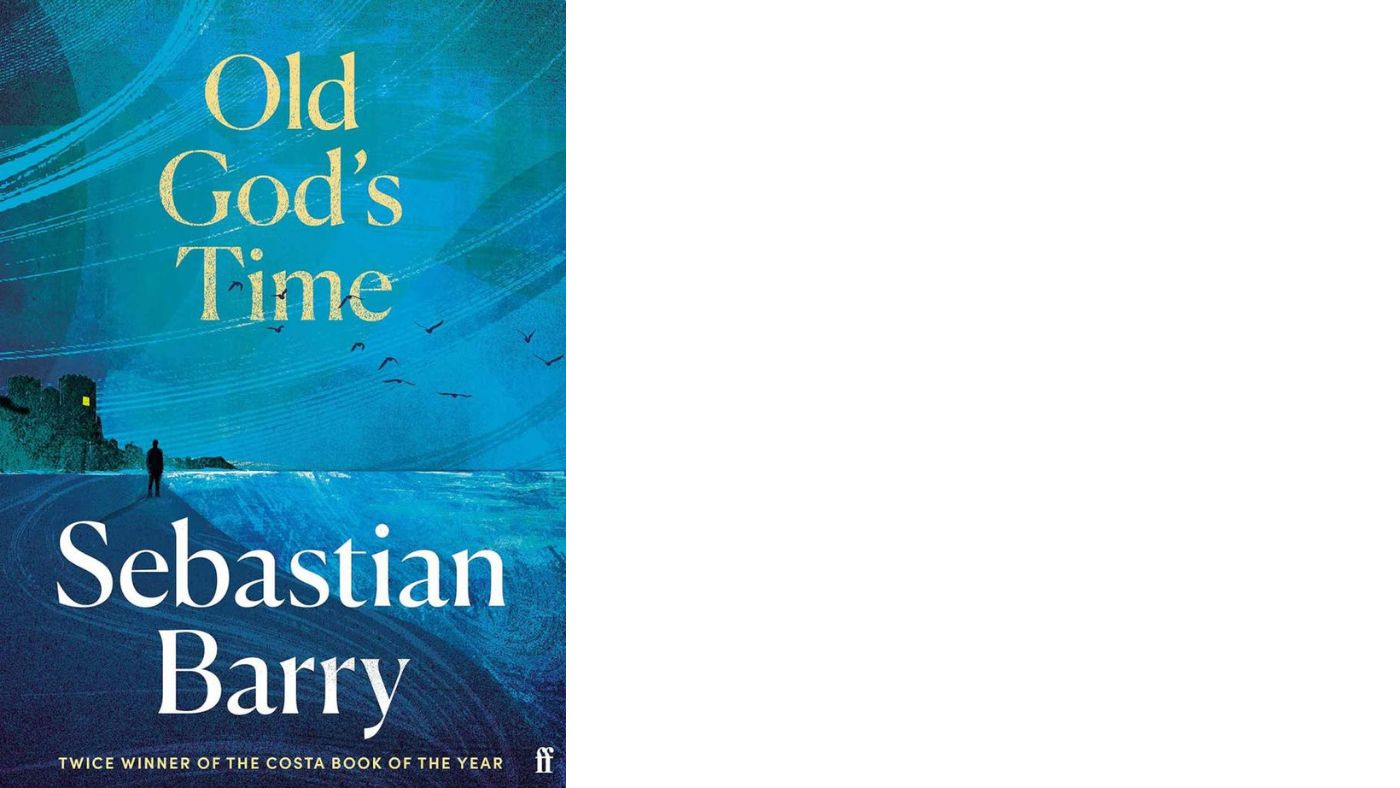
Faber 272pp £18.99; The Week Bookshop £14.99
“Some writers can tell a good story,” said Ian Sansom in The Daily Telegraph. “Some can turn a nice phrase. Some can provoke and some can soothe.” But Sebastian Barry “can seemingly do it all”. Tom Kettle, the protagonist of his latest novel, is a “washed-up” cop who lives on the east coast of Ireland, in a “run-down annexe of an old Victorian castle”. There, he dwells extensively on “memories of his beloved wife June”, until one day he receives a visit from two policemen, who invite him back onto the force for the “cold-case investigation of the murder of a priest many years before”. It sounds a somewhat pulpy set-up – “the grizzled cop back on the beat”. But there are ways “to spin such shopworn tales”, and Barry knows them all. “Old God’s Time” is a “vivid” evocation of Ireland’s recent history, with a love story at its centre and “a cast of superb tragi-comic supporting characters”.
The most striking feature of this “transcendent” novel is Barry’s total immersion in his protagonist’s “imaginative world”, said Melissa Harrison in The Guardian. The “grief-stricken” Kettle is a somewhat unreliable witness – he’s a “survivor of more than one disaster”, including abuse as a boy in a Catholic orphanage – but so masterfully does Barry evoke his “living consciousness” that the effect is “sublime, almost uncanny”. This is a masterpiece, and “I don’t expect to read anything as moving for many years”.
While “Old God’s Time” is “a powerful story”, I found it rather baffling, said Alex Peake-Tomkinson in The Spectator. For instance, various characters are “presented initially as living people”, but in fact turn out to be dead. Barry’s style can be “long-winded”, and “readers will need their wits about them to have any grasp of the plot”.
Cursed Bread by Sophie Mackintosh
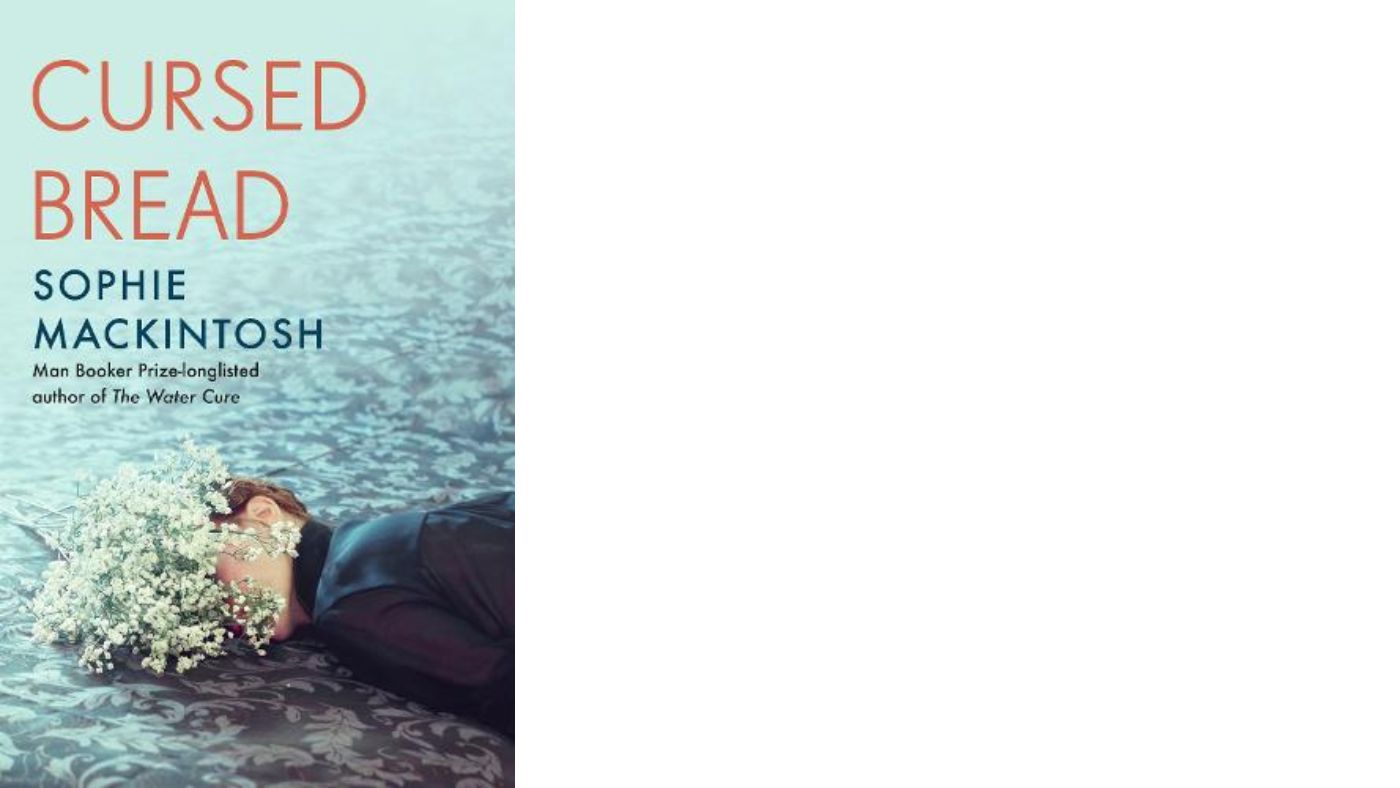
Hamish Hamilton 192pp £16.99; The Week Bookshop £13.99
Sophie Mackintosh’s third novel is “inspired by a 1951 mass poisoning in a French commune”, said Claire Allfree in The Daily Telegraph. This event, in the village of Pont-Saint-Esprit, left seven people dead and 50 in asylums, and is thought to have been caused by a local baker. Using these facts as a starting point, Mackintosh crafts a mysterious tale which centres on Elodie, the baker’s wife, and her “voyeuristic obsession” with a glamorous newcomer called Violet. A “shimmering fever-dream of a novel”, “Cursed Bread” is also “refreshing” in its brevity: at less than 200 pages, it “contains more riches than many a novel twice its length”.
The story of the poisoning was “begging to be turned into a novel”, said Jesse Crispin in The Times – but this “dreamy sapphic romp” is a big disappointment. The historical background is “left vague and incompletely rendered”, as Mackintosh focuses relentlessly on Elodie and Violet. It’s a fable, not a historical document, said Jo Hamya in The Guardian. And I thought it was “brilliant”: an “uncanny” and “quietly rich maturation of Mackintosh’s skill”.
Birnam Wood by Eleanor Catton
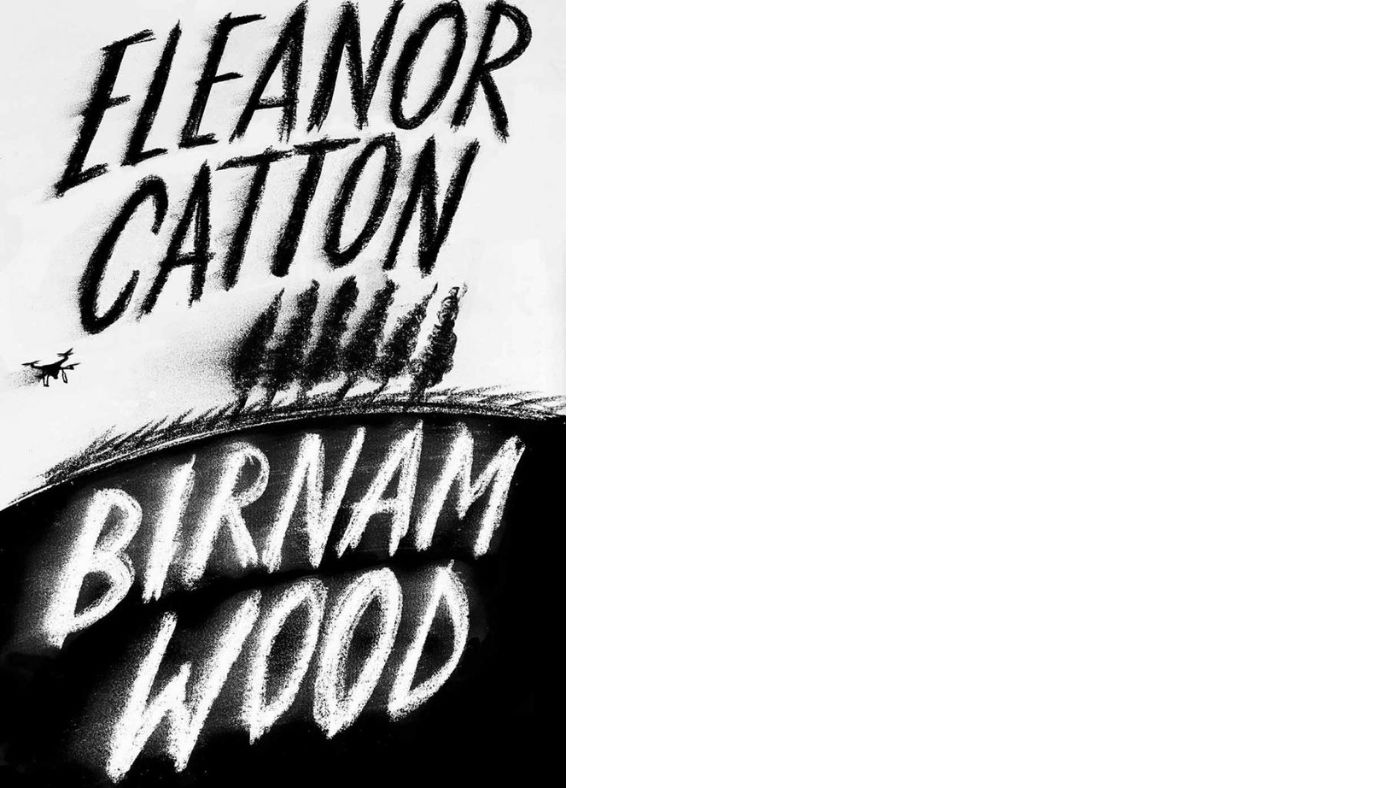
Granta 432pp £20; The Week Bookshop £15.99
It’s ten years since, at 28, Eleanor Catton became the youngest ever Booker Prize winner for “The Luminaries”, a historical saga set in her native New Zealand. Now at last she’s back with a second book, said Shahidha Bari in the FT, and it’s quite a surprise – an “explosive” thriller about climate change and the future of humanity. Its protagonists are “eco-warriors” who plant sustainable crops on disused land, and its plot kicks off when they risk their integrity by making a pact with an “enigmatic” American billionaire who is interested in the same neglected swathe of the South Island as they are.
Catton casts a “beady comic eye” on her millennial eco-activists, said James Walton in The Daily Telegraph, with delicious observations of the egotism, puritanism and self-pity behind their ostentatious altruism. And the satire doesn’t let up when she turns to her “shadowy” billionaire, apparently inspired in part by the libertarian PayPal co-founder Peter Thiel. But the book is wildly exciting too, a full-blooded thriller complete with gun-toting goons, a “Bond-style” chase and a virtuoso, pulse-racing finale.
Brutes by Dizz Tate
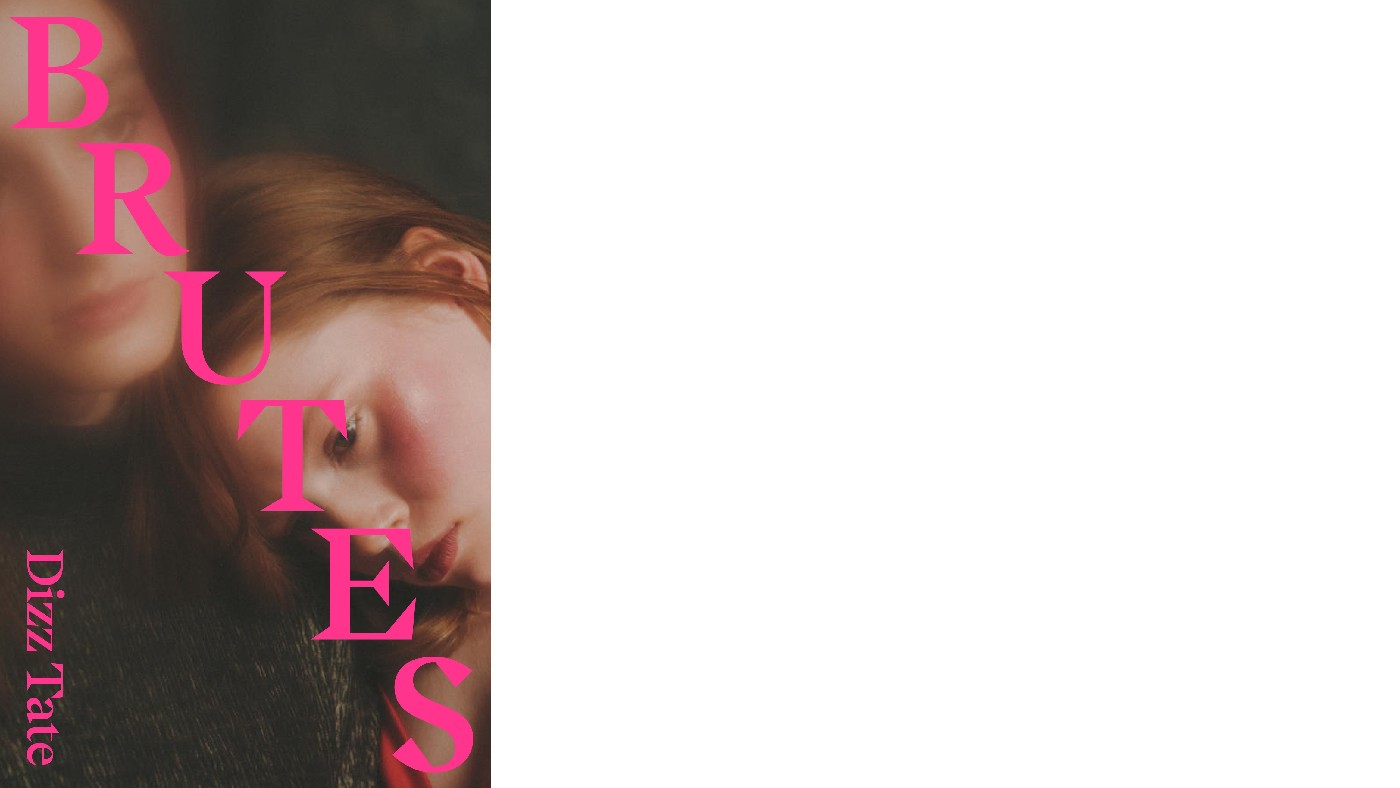
Faber 240pp £14.99; The Week Bookshop £11.99
This “astonishing debut” will “burrow under your skin”, said Laura Hackett in The Sunday Times. Written by the London-based, Orlando-raised writer Dizz Tate, it is a tale of “toxic friendship, female rage, sexual abuse and trauma”, set in a decaying Florida housing estate, and narrated by a Greek chorus of 13-year-old girls. As it opens, Sammy – a slightly older girl with whom the chorus is obsessed – has just gone missing. As the adults search for her with torches and metal poles, it appears that the narrators “know more than they admit”.
What unfolds is a story of “grotesque horror” – one which isn’t always an “easy read”, but which is compulsive throughout. Tate is a writer with “talent in spades”, said Madeleine Feeny in The Guardian. The sense of place is “remarkable” – her descriptions of Florida are superb – and her portrait of early adolescence “feels bracingly true”. But too much is crammed into Brutes: not only a “bewildering arsenal of horror clichés”, but an increasingly “frenzied” plot. With her next novel, Tate should remember that “less is more”.
Victory City by Salman Rushdie
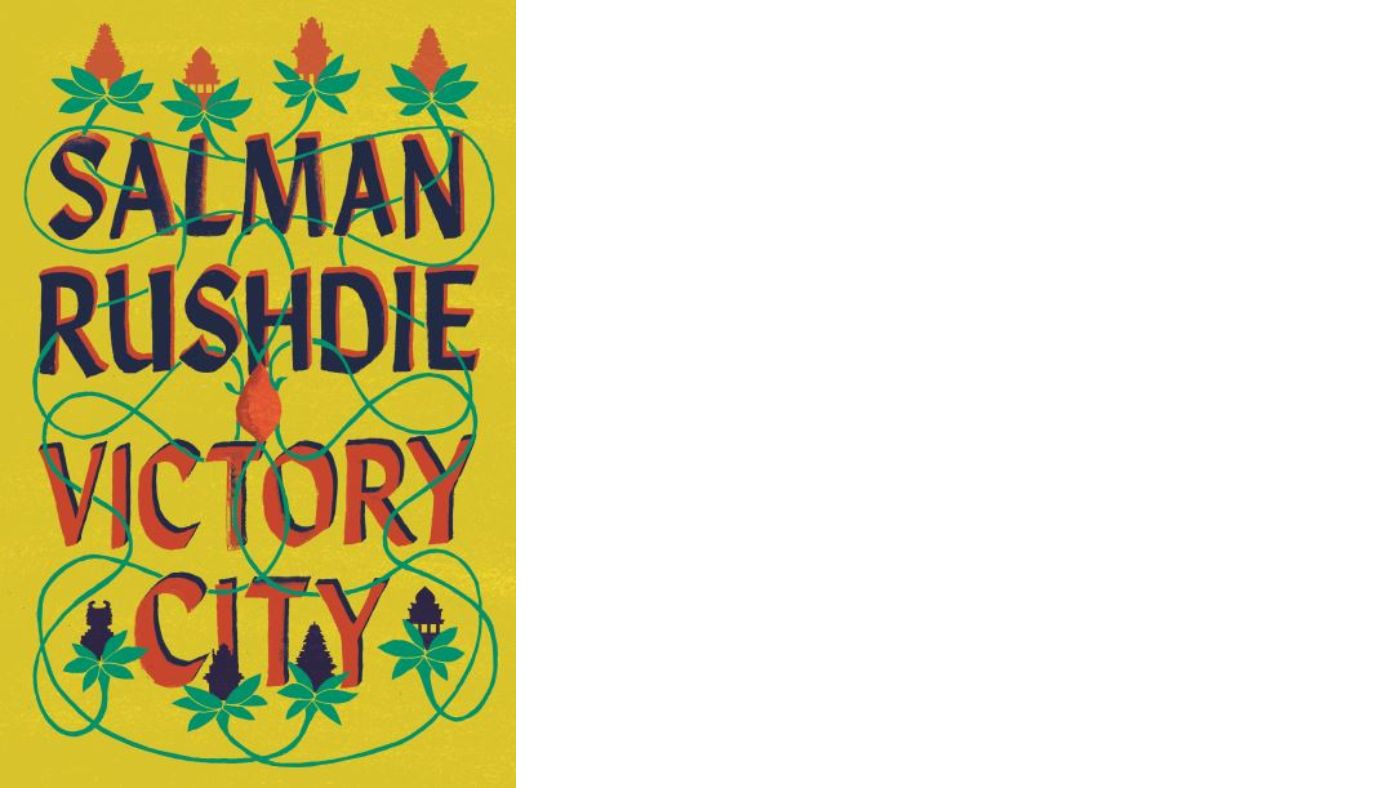
Cape 352pp £22; The Week Bookshop £17.99
Since Salman Rushdie moved to the US in 2000, his novels have fallen into two camps, said Hadley Freeman in The Sunday Times. Some (“Fury”, “Quichotte”) have been “satirical takes on modern America”; the others (such as “Shalimar the Clown”) have been “lyrical narratives about his native India”. Rushdie’s new novel, “Victory City”– his first to be published since the “brutal attack” last August that left him blind in one eye – belongs in that second group. A historical fantasy set in medieval India, it purports to be a modern translation of an epic autobiographical poem, written by a demigod named Pampa Kampana. Although packed with death and destruction, it comes across as “one of Rushdie’s most joyful” novels. It is “a total pleasure to read”.
We first meet Pampa as a (non-divine) nine-year-old, whose mother is one of many widows committing suicide on a “great bonfire along the river”, said Ron Charles in The Washington Post. As Pampa watches her mother burn, she resolves never to “sacrifice her body merely to follow dead men into the afterworld”. Instead, she tells herself, she will live to be “impossibly” old. Impressed by her defiance, a goddess gives her an assortment of magical powers. Aged 18, Pampa grows a “spectacular city” from vegetable seeds, on the spot where her mother died. This, it becomes clear, is an actual city – Bisnaga in southern India – which was the capital of the Vijayanagara empire in the 15th and 16th centuries. Pampa’s initial hope for Bisnaga is that it will become a “kind of feminist utopia” – a place of gender equality and “variegated sexual delight”. Instead, over the next two centuries, she watches her kingdom “grow and stumble” before it is eventually destroyed (as the historical Bisnaga was) by Muslim invaders in 1565.
With its “lashings of wildly imaginative, slightly bonkers storytelling”, “Victory City” is vintage Rushdie, said James Walton in The Spectator. While it has flaws – notably, a rather “repetitive” storyline – there’s something “undeniably stirring” about seeing Rushdie perform his “greatest hits with such undiminished commitment”. The best writing comes near the end, when Pampa is blinded using a hot iron rod, said Michael Gorra in The New York Times. “Victory City” was completed before last August – and so Rushdie could not have known that his own fate would be uncannily similar. It is “not the first time that he has been the Cassandra of his own fate” – and it underlines the fact that he is an author whose “work will always matter”.
The Birthday Party by Laurent Mauvignier (translation by Daniel Levin Becker)
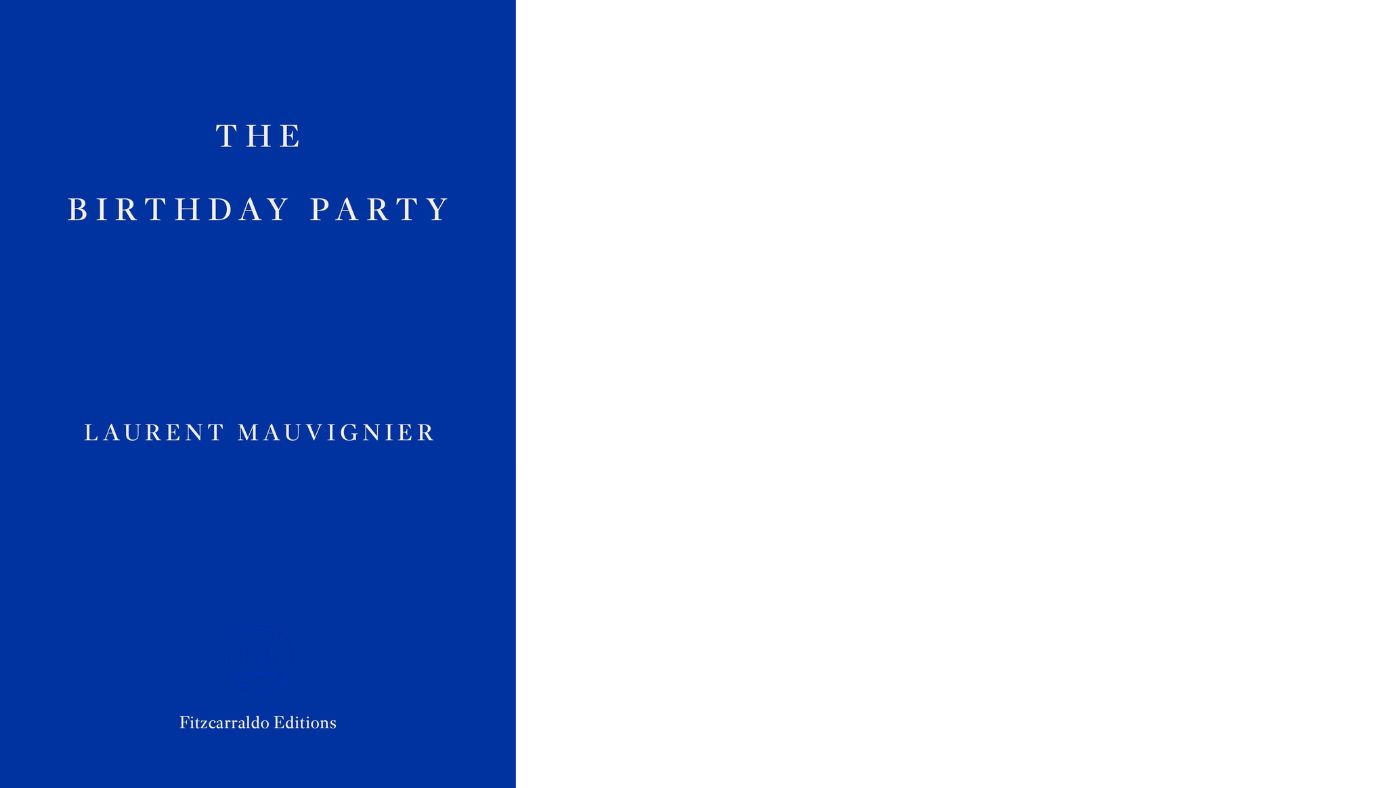
Fitzcarraldo Editions 504pp £16.99; The Week Bookshop £13.99
“Imagine a Stephen King thriller hijacked by Proust,” said Lee Langley in The Spectator. Laurent Mauvignier’s “mesmerising” novel does for terror “what Javier Marías did for the spy story”. Set in rural France, it revolves around a surprise party that farmer Patrice is preparing for his wife’s birthday. Christine, their neighbour, is baking a cake when a stranger knocks on her door, asking to be shown around. She sends him away – but he returns later, no longer alone. What results is a story of “nerve-shredding tension, but related in serpentine, elegant prose”.
This is a novel that “has us reading from behind our hands, as we watch its ensemble cast stumble into catastrophe”, said Anthony Cummins in The Observer. The intruders show up early on; “400 pages of agony remain”. And it all culminates in an “extravagantly choreographed set-piece blow-out of nigh-on unbearable jeopardy”. Mauvignier is lauded in France, but not all that well known in Britain, said Susie Goldsbrough in The Times. This gory, “classy” novel should change that.
White Riot by Joe Thomas
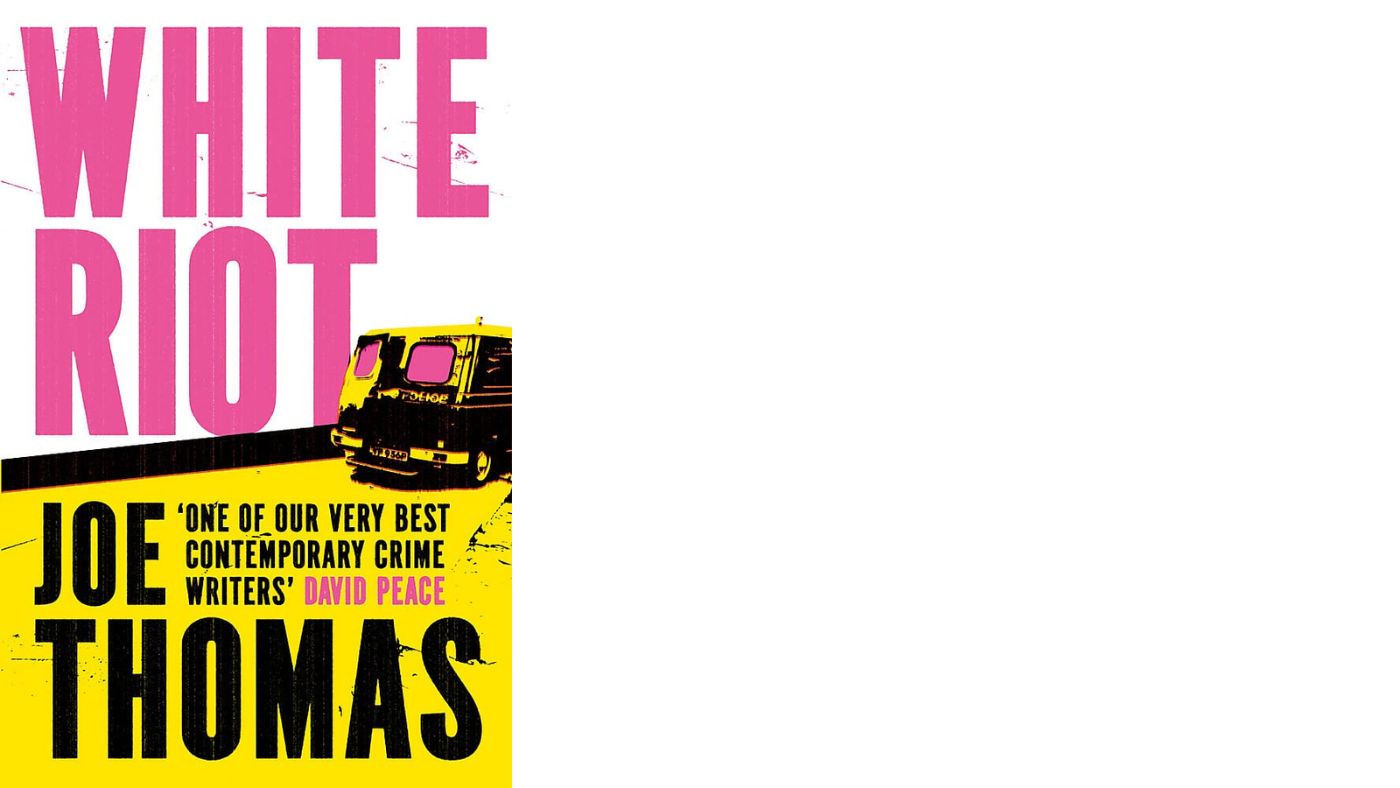
Arcadia 400pp £18.99; The Week Bookshop £14.99
Joe Thomas’s “enthralling” thriller is set in east London during the late 1970s and early 1980s, said John Dugdale in The Sunday Times. The period was marked by simmering tensions between the National Front – who’d patrol Brick Lane every Sunday morning – and minority communities and their supporters. Clearly a fan of David Peace’s “Red Riding” quartet, Thomas has followed its example in “mixing real and fictional figures and connecting politics and policing”. Among the book’s large cast are a Hackney police officer investigating a black man’s death in a police station, and Margaret Thatcher, portrayed “scheming in Opposition”.
This novel is an “admirable attempt” to capture an “ugly period of recent British history”, said Colin Grant in The Guardian. The plot is “propulsive”, and there are other good things: the “foreboding atmosphere around anti-fascist marches”; Thatcher’s “quirkily comic dialogue with her husband Denis”. But “White Riot” is let down by thin characters and clunky dialogue. It’s “painted with broad brushstrokes”; it “could have done with another coat”.
The New Life by Tom Crewe
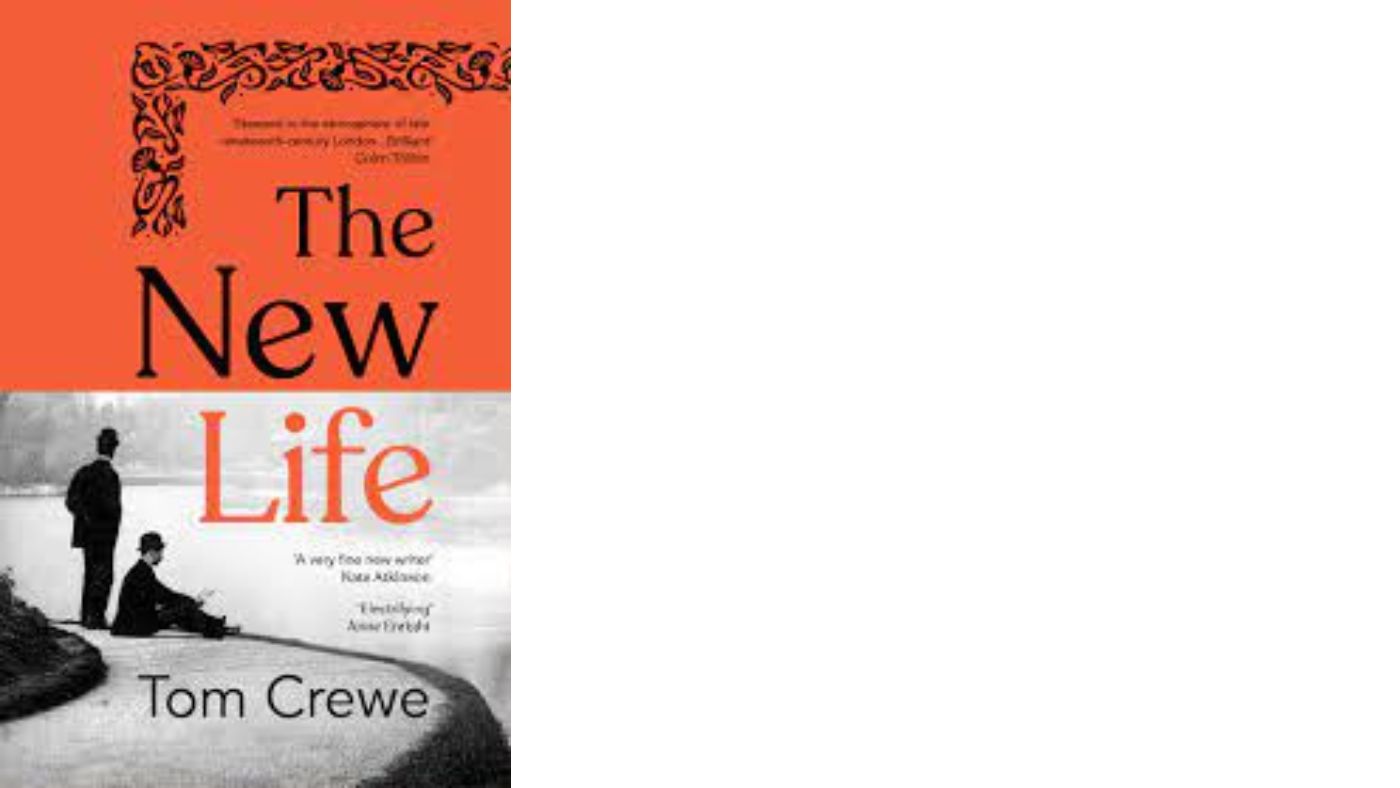
Chatto & Windus 384pp £16.99; The Week Bookshop £13.99
In this “enthralling” debut, Tom Crewe fictionalises the lives of two men who “planted the seeds” of modern sexual freedom, said Johanna Thomas-Corr in The Sunday Times. John Addington Symonds and Henry Havelock Ellis were Victorian academics whose (then) illicit desires (Symonds was homosexual; Ellis liked to watch women urinate) led them, in 1897, to co-author a pioneering textbook, “Sexual Inversion”, which aimed to present gay men as “healthy, well-adjusted individuals”. Crewe’s novelised version of their collaboration “reads a little like a Victorian take on Alan Hollinghurst’s “The Line of Beauty” crossed with E.M. Forster’s ‘Maurice’”. It will surely be “one of the most talked-about debuts of 2023”.
Full of “exquisite” writing, and “moments of furtive queer intimacy”, The New Life is an “intricate and finely crafted” novel, said Peter Kispert in The New York Times – and a “meaningful tribute” to two pioneers. The “total absence of humour” is a drawback, said Rupert Christiansen in The Daily Telegraph. But otherwise, this is a debut of “rare quality”.
Age of Vice by Deepti Kapoor
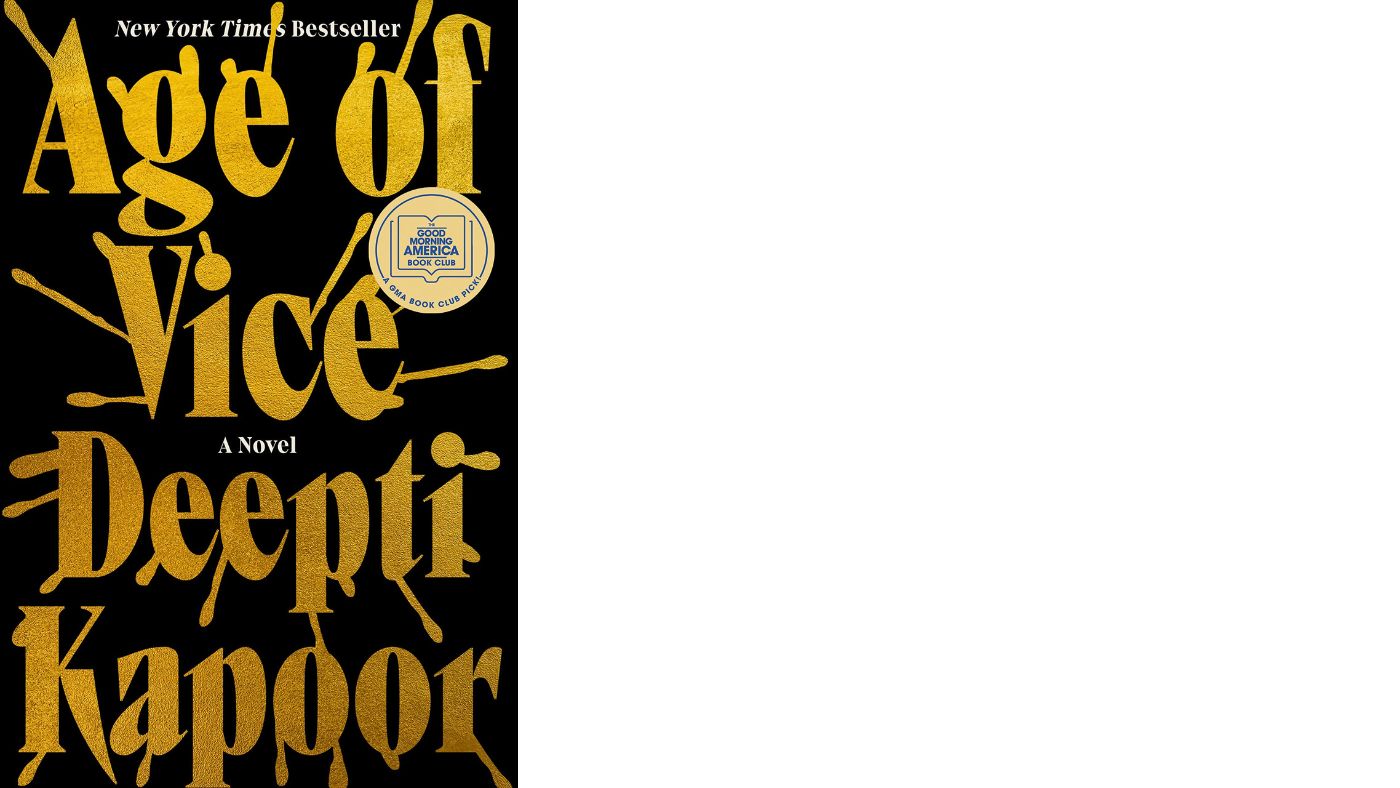
Fleet 560pp £20; The Week bookshop £15.99
Deepti Kapoor’s stunning debut is “a rare case of a book bounding as high as its hype”, said Ron Charles in The Washington Post. Touted as an Indian “Godfather” – and already set to be made into a major TV series – it’s a “hypnotic story” of corruption and inequality set in the “broiling nexus” of modern-day Delhi. On page one, a horrific car crash occurs, when a Mercedes speeding through the city careers off the road and kills five people sleeping by the roadside. When the authorities turn up, they find a 22-year-old at the wheel, reeking of whisky.
What follows is a “big dynastic saga of organised crime”, in which “low life and high society” collide, said Jake Arnott in The Guardian. There are three main characters: Ajay (the drunk chauffeur), who grew up in “squalor and privation” in Uttar Pradesh; his employer, Sunny Wadia, the “playboy scion of a major criminal family”; and Neda Kapur, a journalist whose investigations into corruption are compromised when she embarks on an “ill-fated relationship” with Sunny. While the novel excels as a “commercial crime thriller”, it “deserves literary plaudits as well” – for its “lyrical touches”, its characterisation, and its “razor-sharp” social analysis.
I was less convinced, said Susie Goldsbrough in The Times. The “opening gambit” is excellent (if unoriginal), and there are some moving scenes, but overall the novel feels too much like an Indian-set “knock-off” of the “great Mob family epics”, with tinges of the HBO series “Succession”. There are the usual clichés – the over-ambitious son with “daddy issues”; the exploitation of underlings – and the plotting is meandering. “If you want an epic about modern India, read ‘A Suitable Boy’.”
-
 The Olympic timekeepers keeping the Games on track
The Olympic timekeepers keeping the Games on trackUnder the Radar Swiss watchmaking giant Omega has been at the finish line of every Olympic Games for nearly 100 years
-
 Will increasing tensions with Iran boil over into war?
Will increasing tensions with Iran boil over into war?Today’s Big Question President Donald Trump has recently been threatening the country
-
 Corruption: The spy sheikh and the president
Corruption: The spy sheikh and the presidentFeature Trump is at the center of another scandal
-
 6 exquisite homes with vast acreage
6 exquisite homes with vast acreageFeature Featuring an off-the-grid contemporary home in New Mexico and lakefront farmhouse in Massachusetts
-
 Film reviews: ‘Wuthering Heights,’ ‘Good Luck, Have Fun, Don’t Die,’ and ‘Sirat’
Film reviews: ‘Wuthering Heights,’ ‘Good Luck, Have Fun, Don’t Die,’ and ‘Sirat’Feature An inconvenient love torments a would-be couple, a gonzo time traveler seeks to save humanity from AI, and a father’s desperate search goes deeply sideways
-
 A thrilling foodie city in northern Japan
A thrilling foodie city in northern JapanThe Week Recommends The food scene here is ‘unspoilt’ and ‘fun’
-
 Tourangelle-style pork with prunes recipe
Tourangelle-style pork with prunes recipeThe Week Recommends This traditional, rustic dish is a French classic
-
 Samurai: a ‘blockbuster’ display of Japan’s legendary warriors
Samurai: a ‘blockbuster’ display of Japan’s legendary warriorsThe Week Recommends British Museum show offers a ‘scintillating journey’ through ‘a world of gore, power and artistic beauty’
-
 BMW iX3: a ‘revolution’ for the German car brand
BMW iX3: a ‘revolution’ for the German car brandThe Week Recommends The electric SUV promises a ‘great balance between ride comfort and driving fun’
-
 Arcadia: Tom Stoppard’s ‘masterpiece’ makes a ‘triumphant’ return
Arcadia: Tom Stoppard’s ‘masterpiece’ makes a ‘triumphant’ returnThe Week Recommends Carrie Cracknell’s revival at the Old Vic ‘grips like a thriller’
-
 My Father’s Shadow: a ‘magically nimble’ love letter to Lagos
My Father’s Shadow: a ‘magically nimble’ love letter to LagosThe Week Recommends Akinola Davies Jr’s touching and ‘tender’ tale of two brothers in 1990s Nigeria